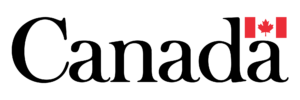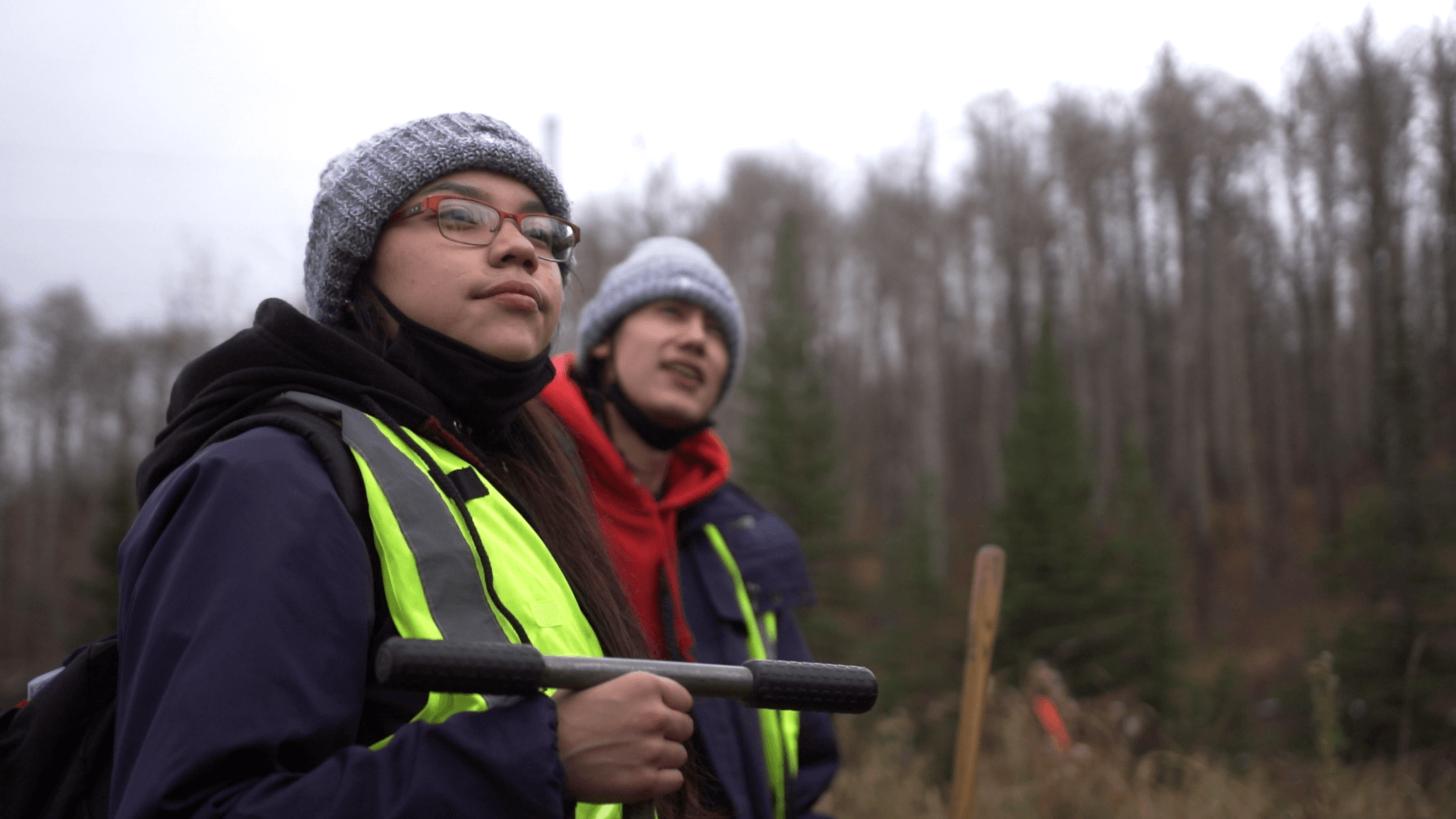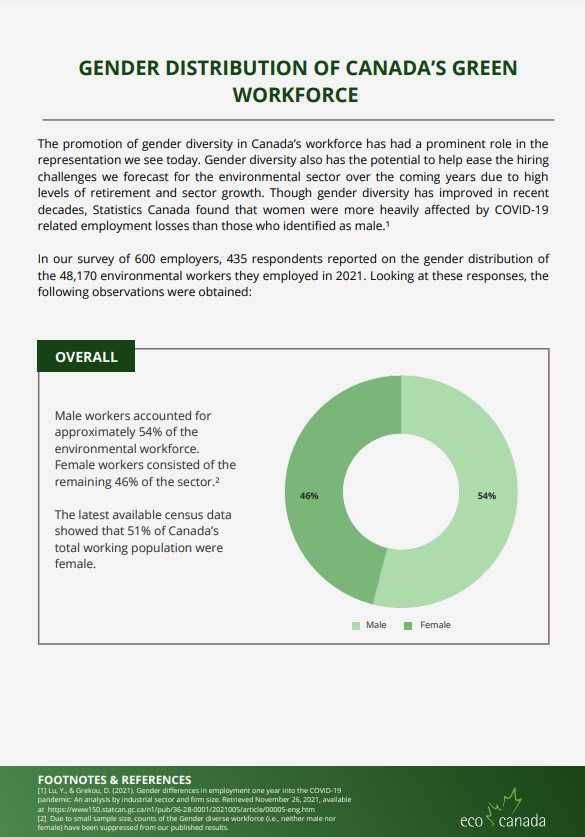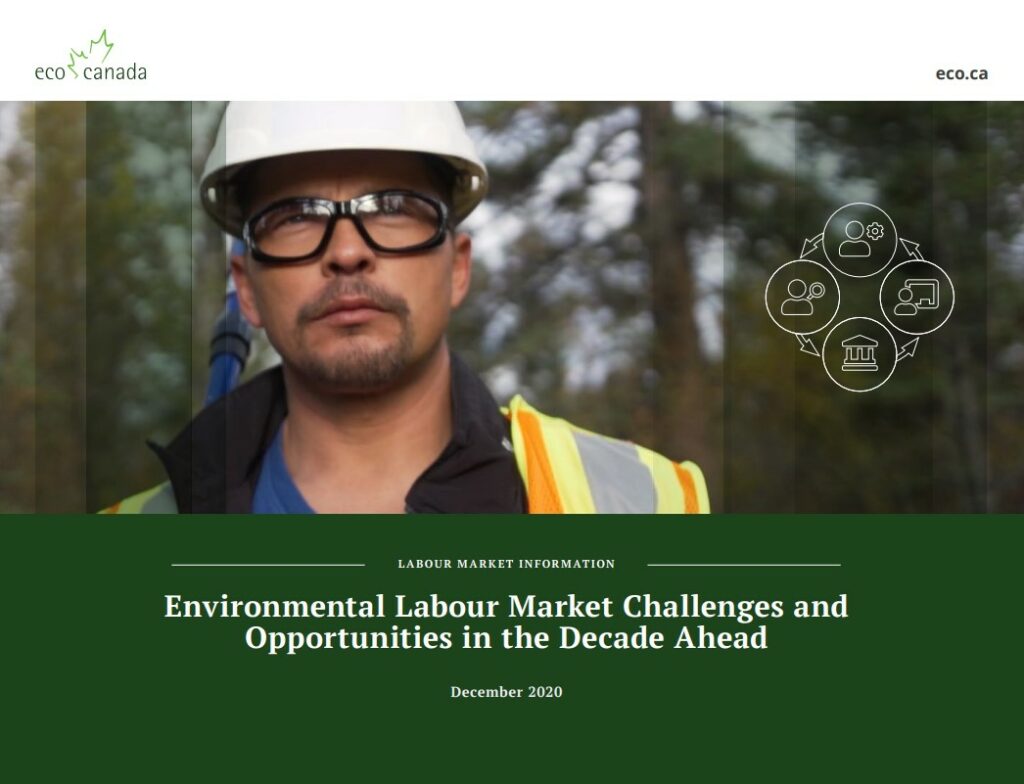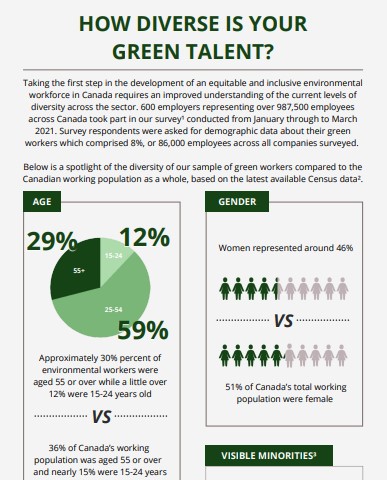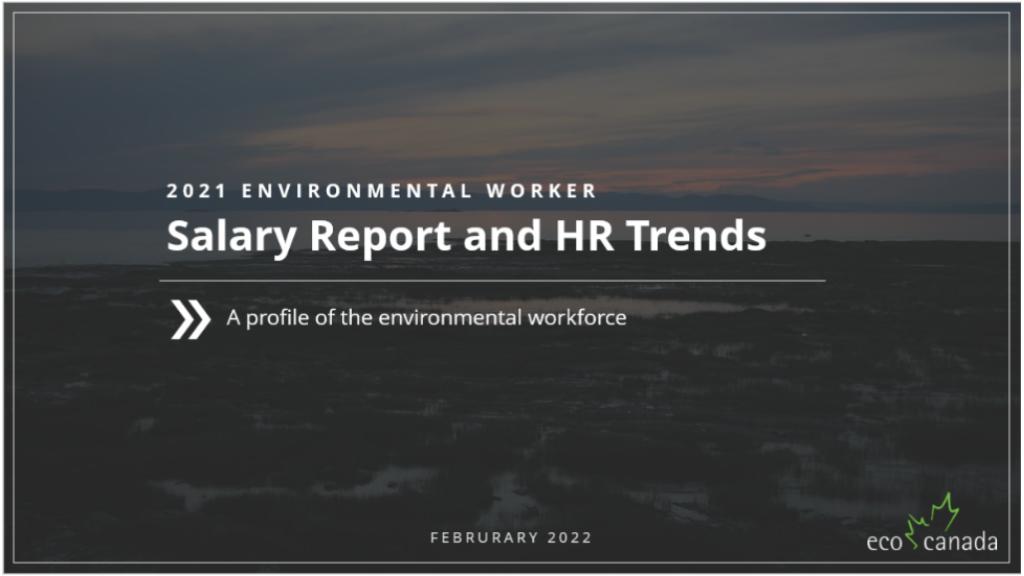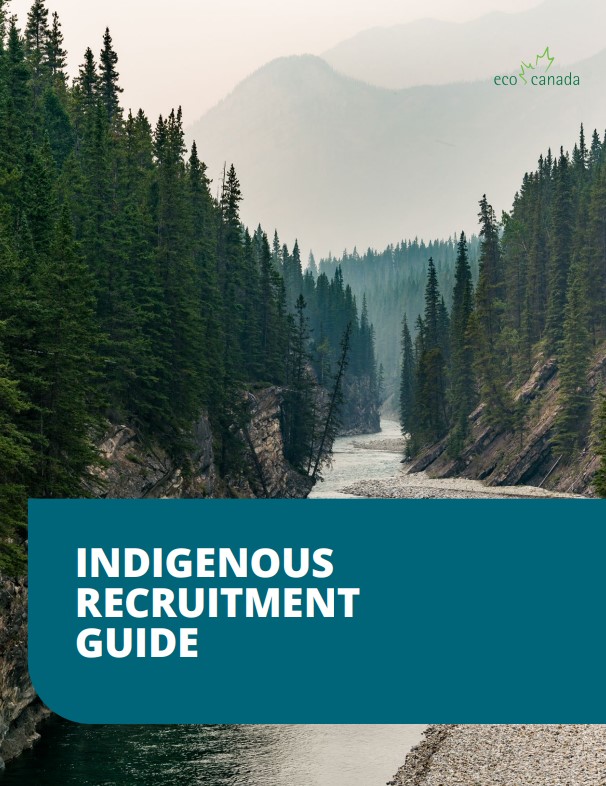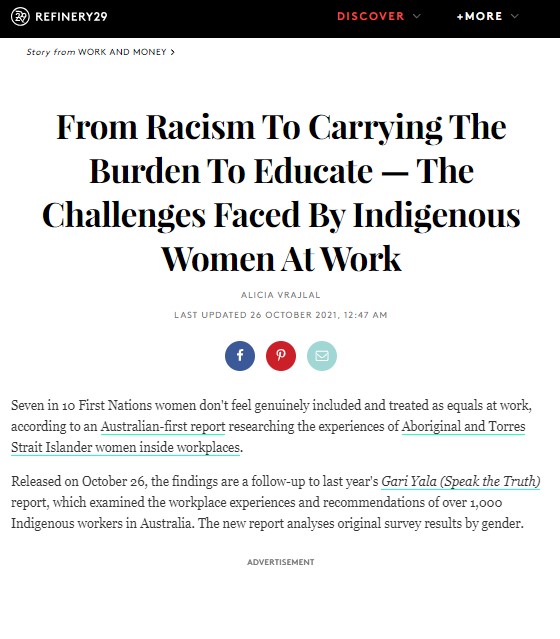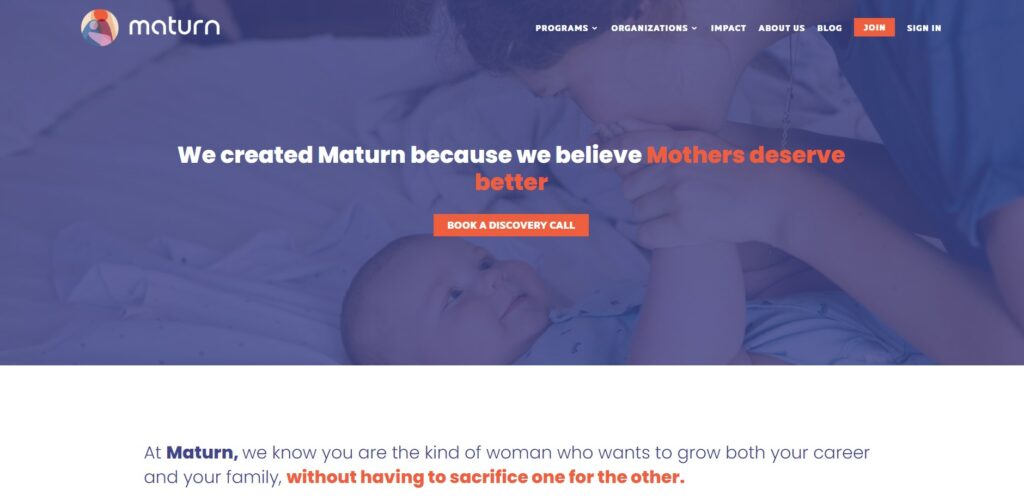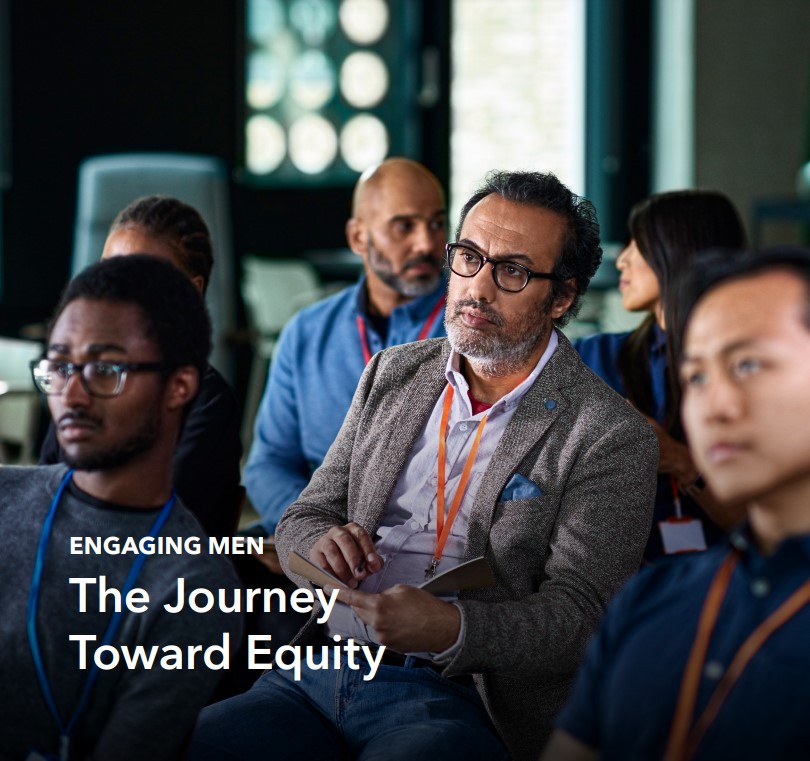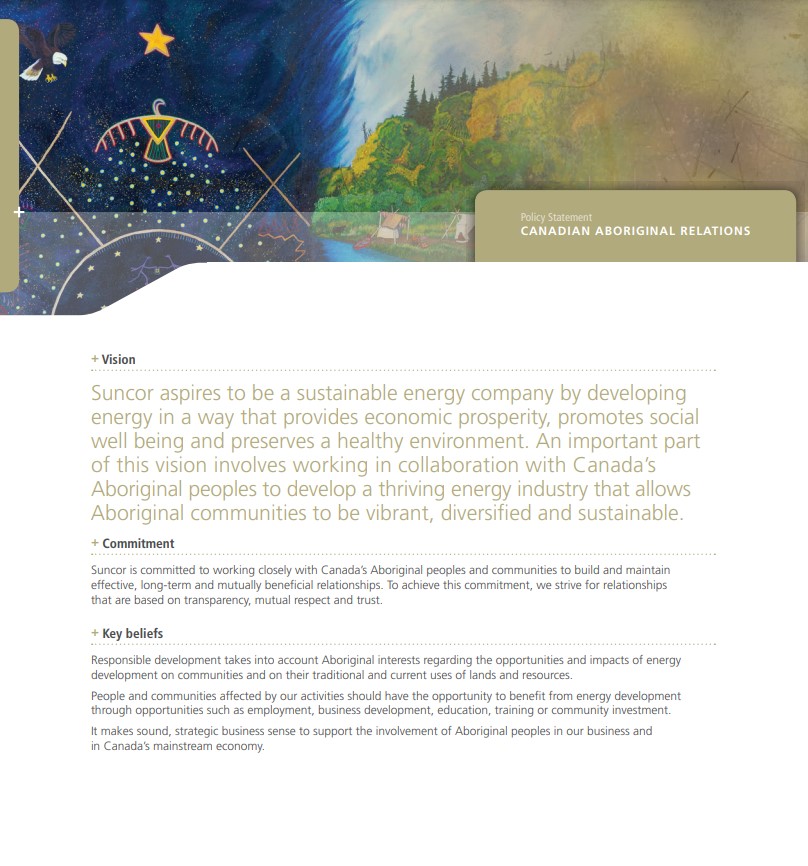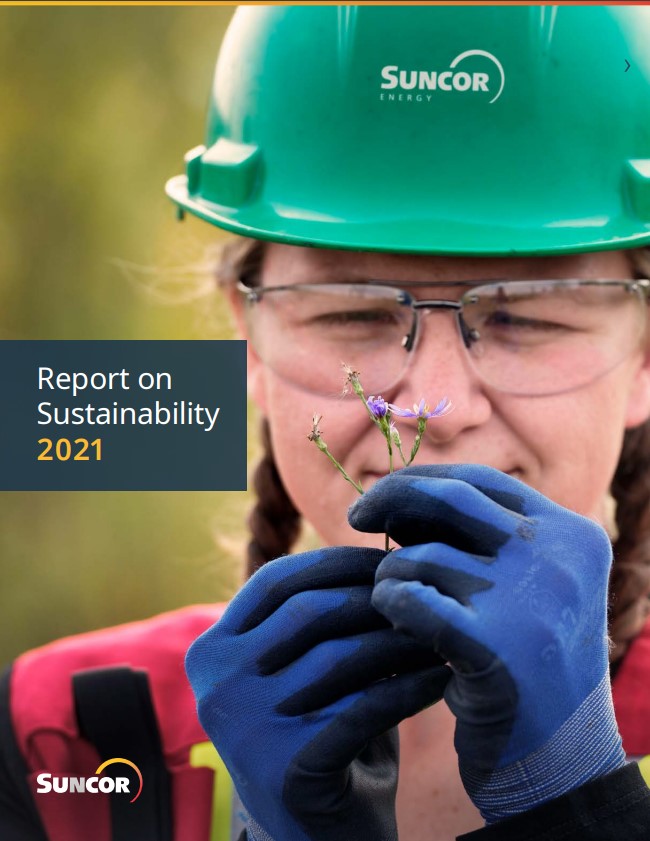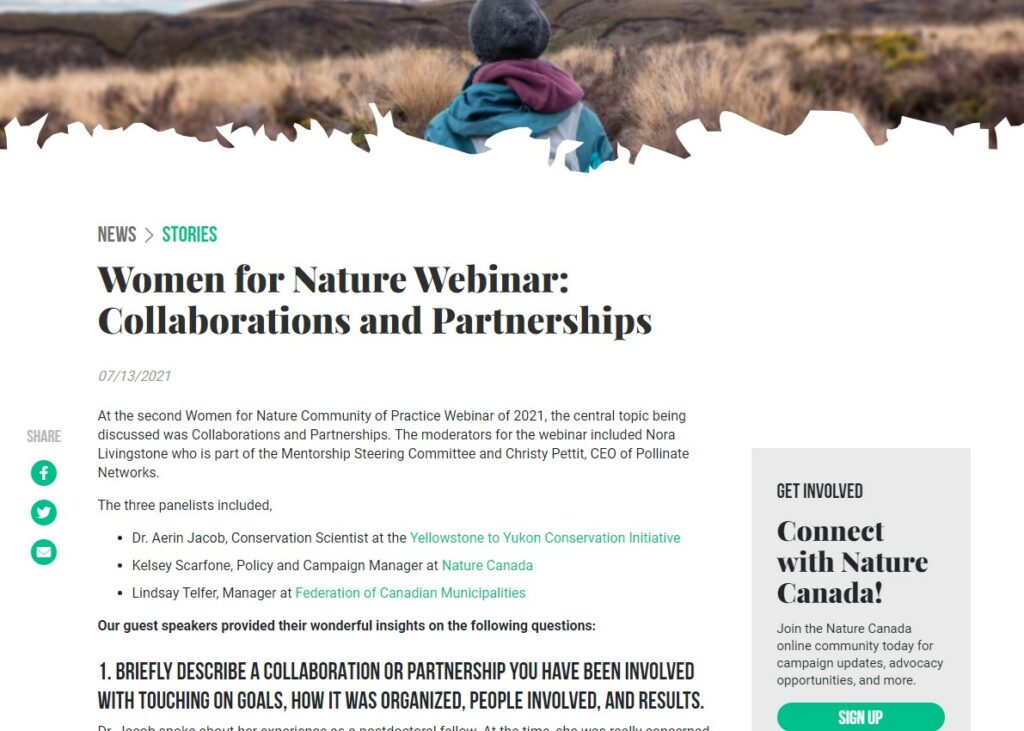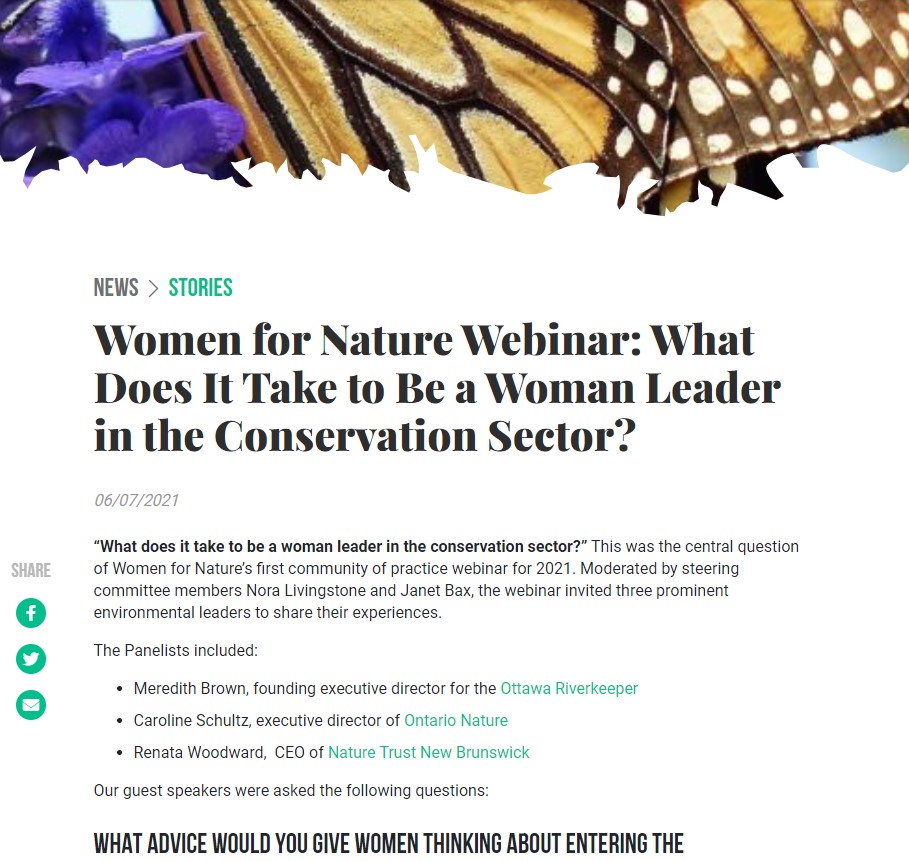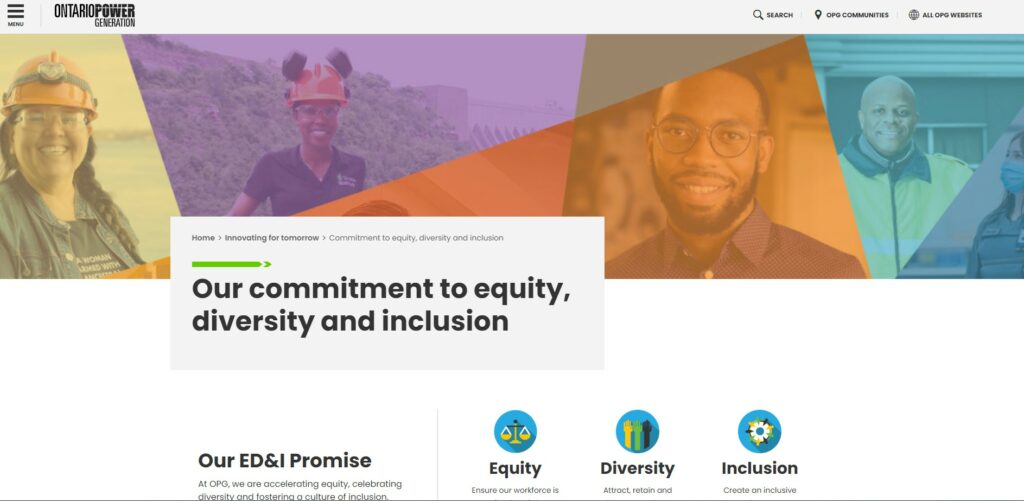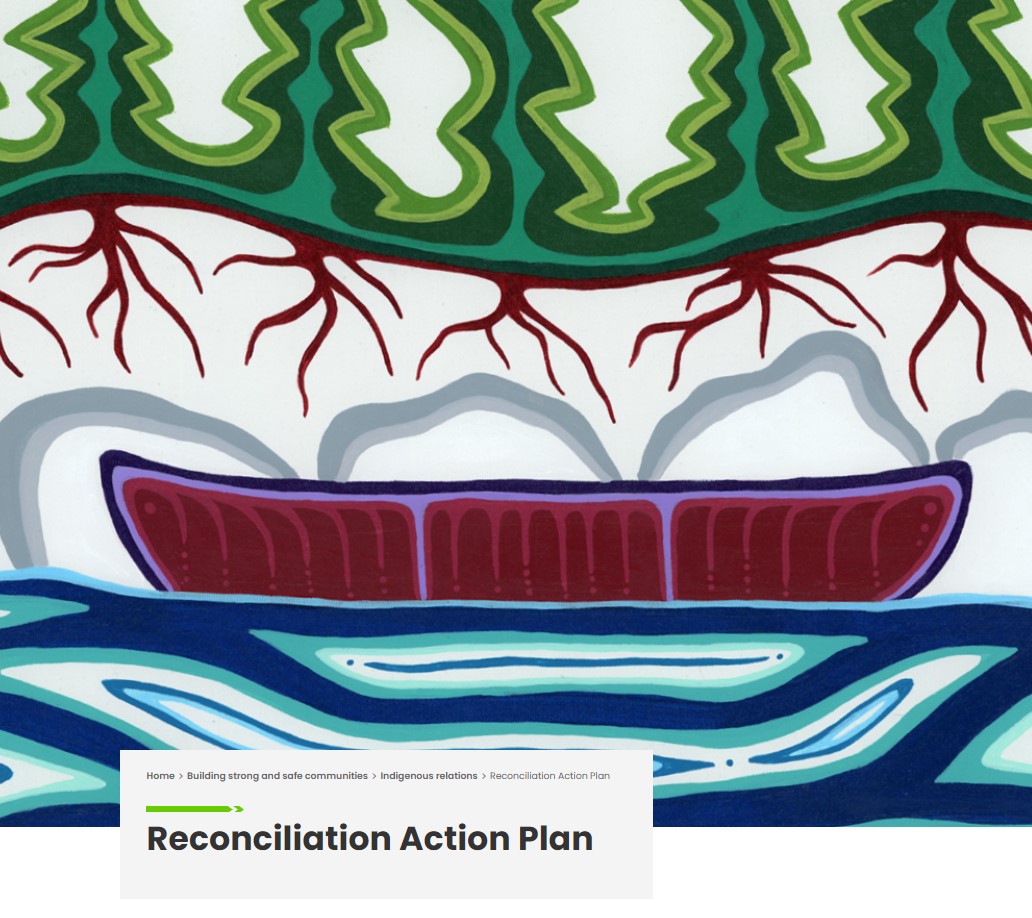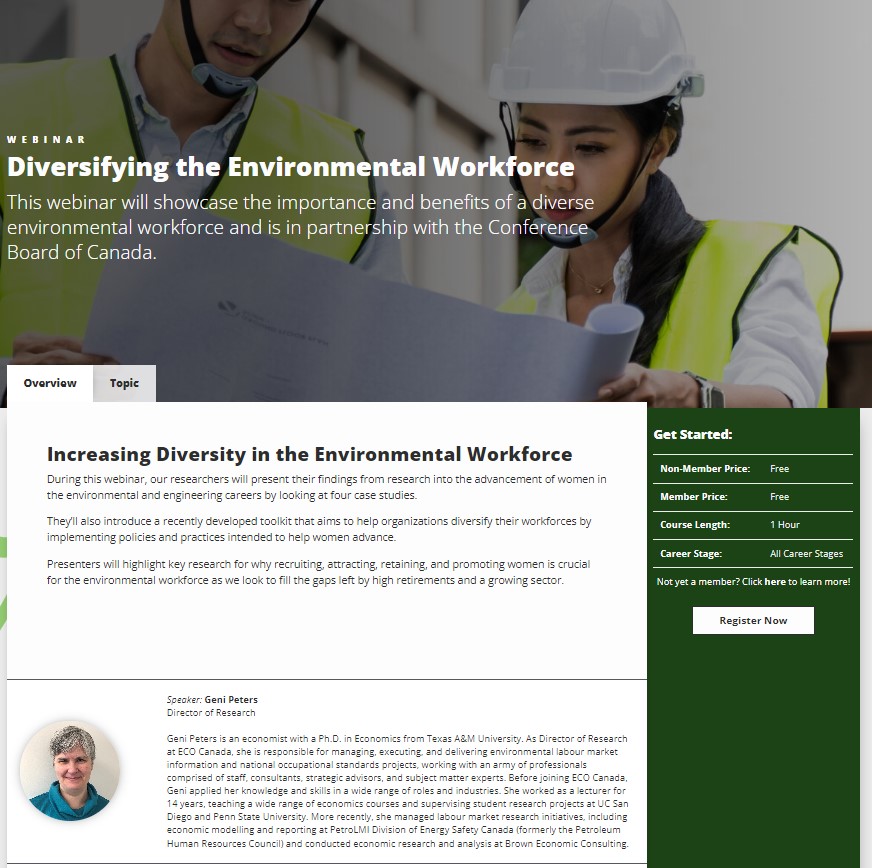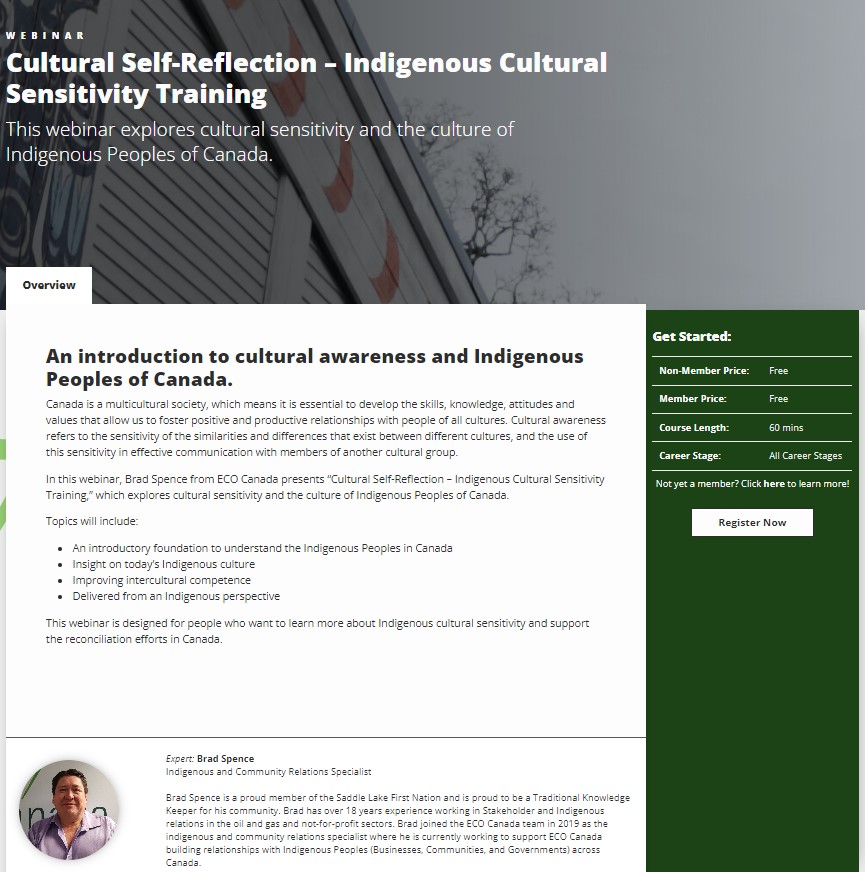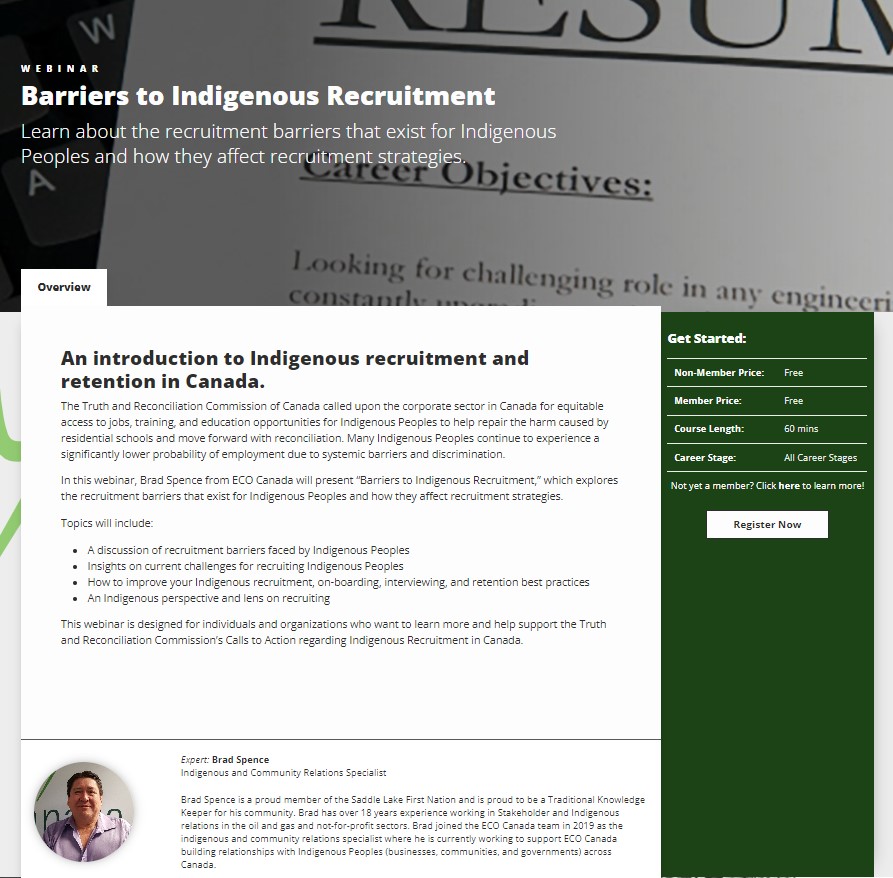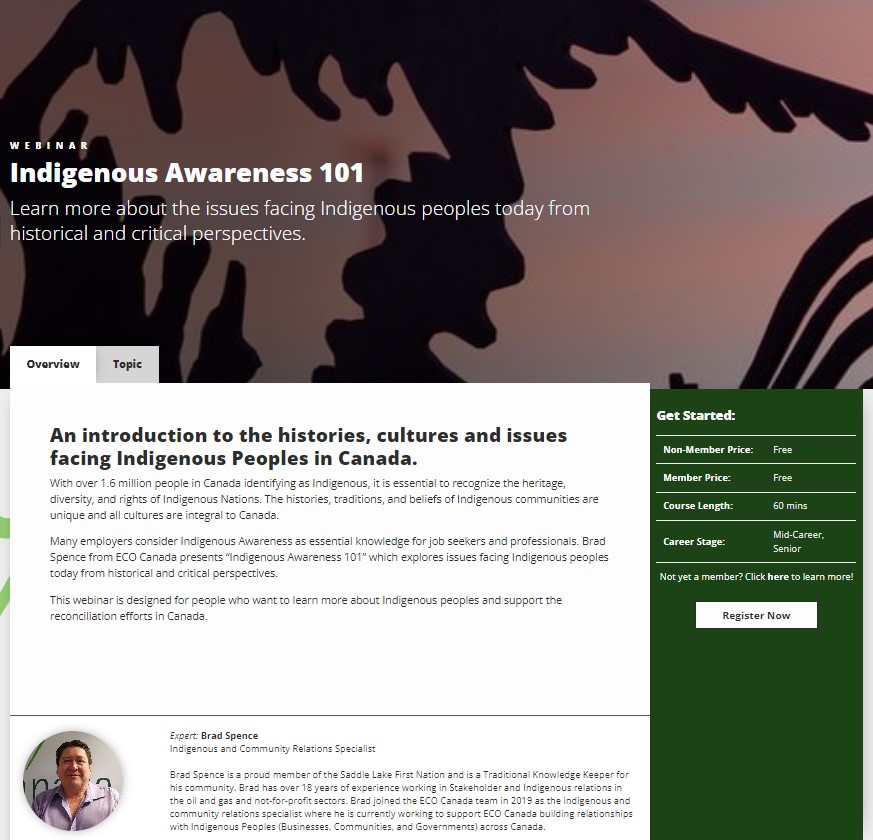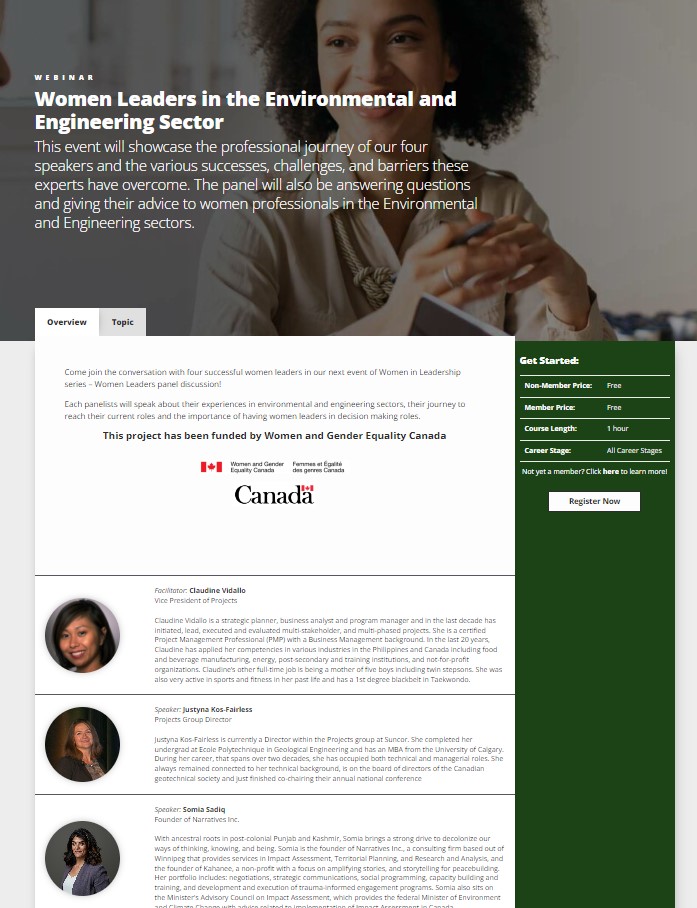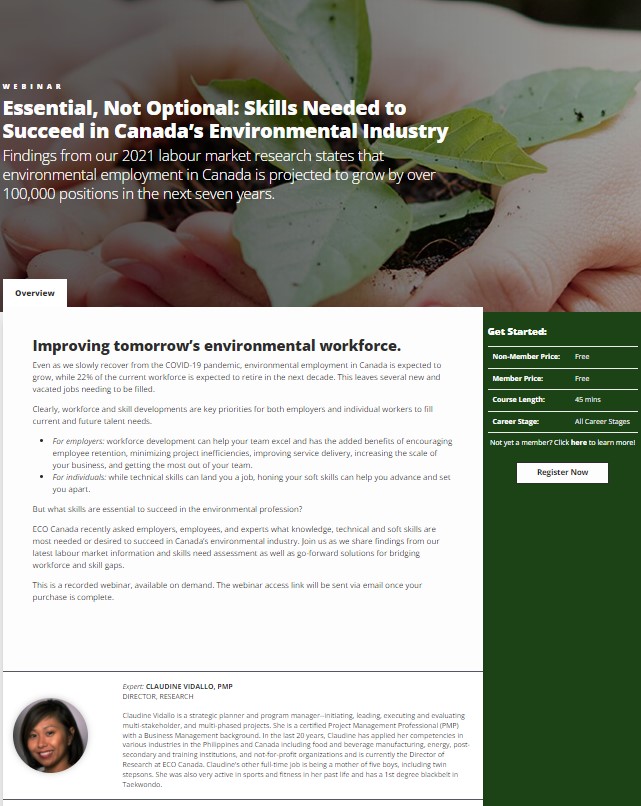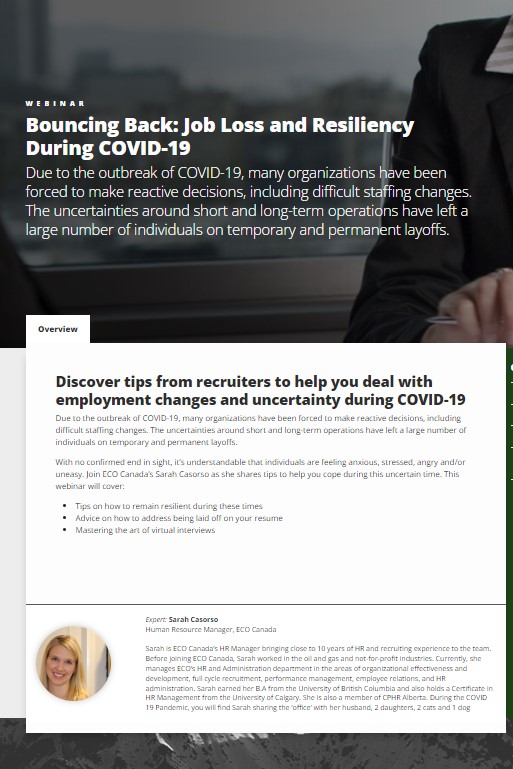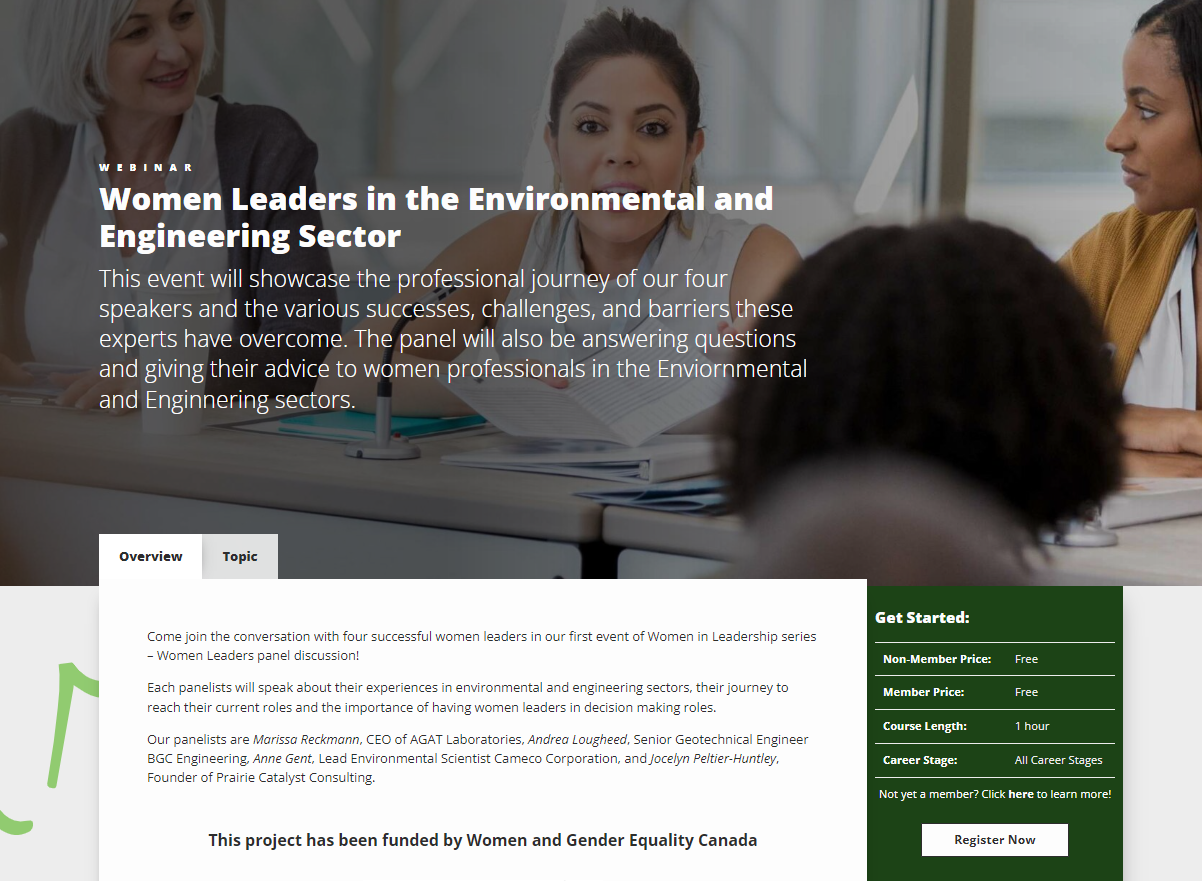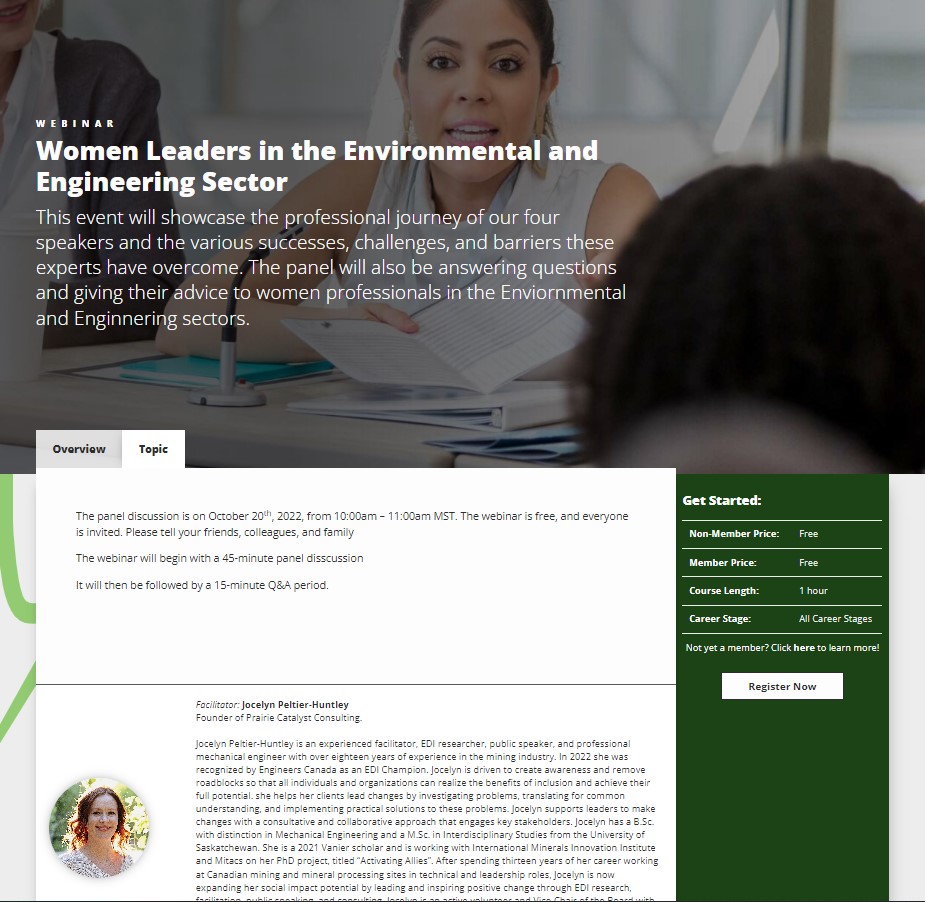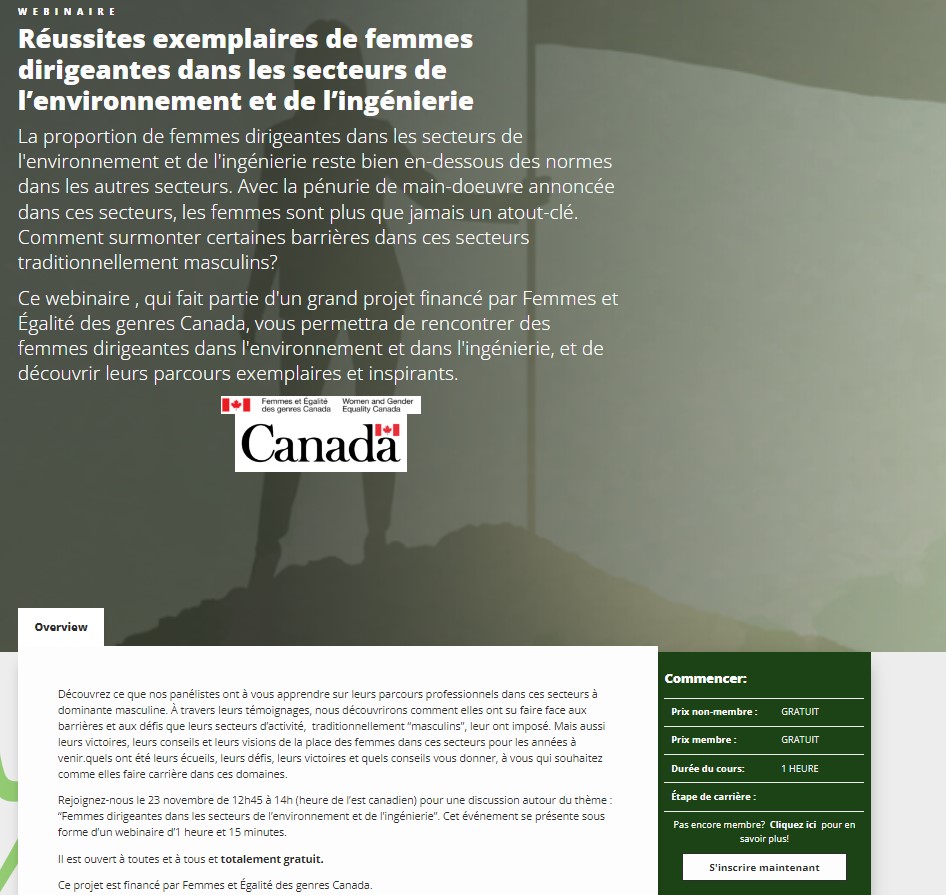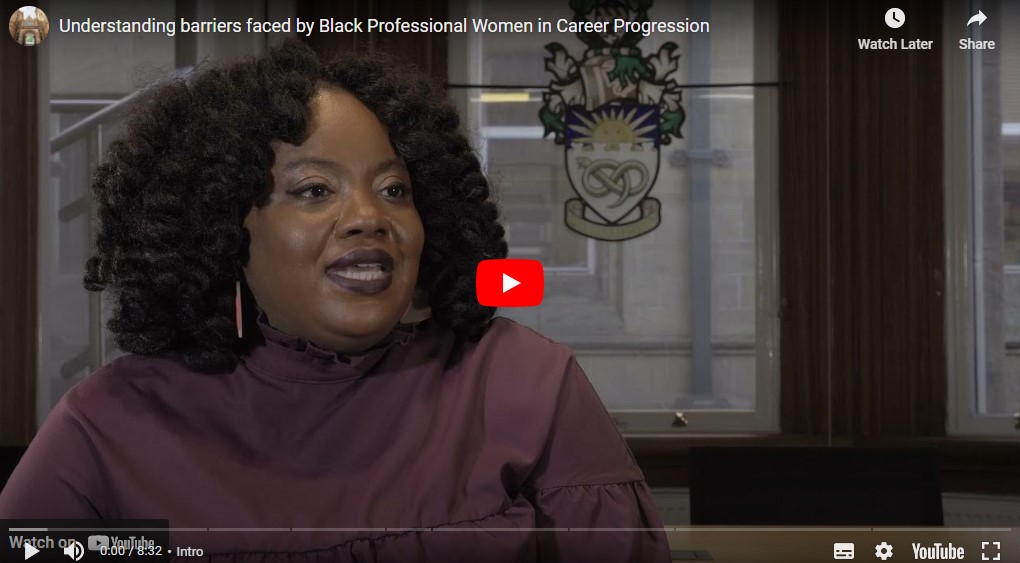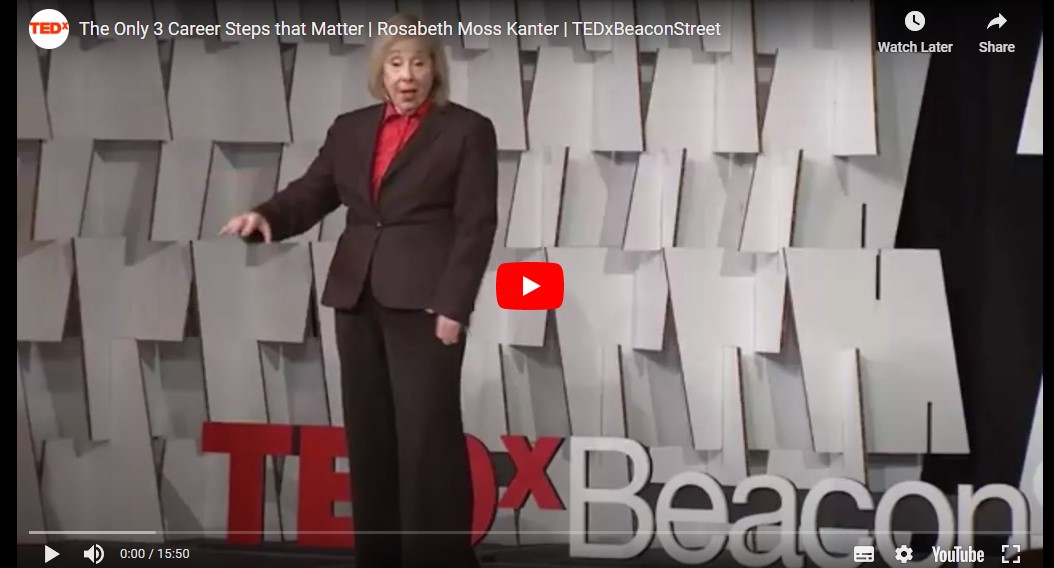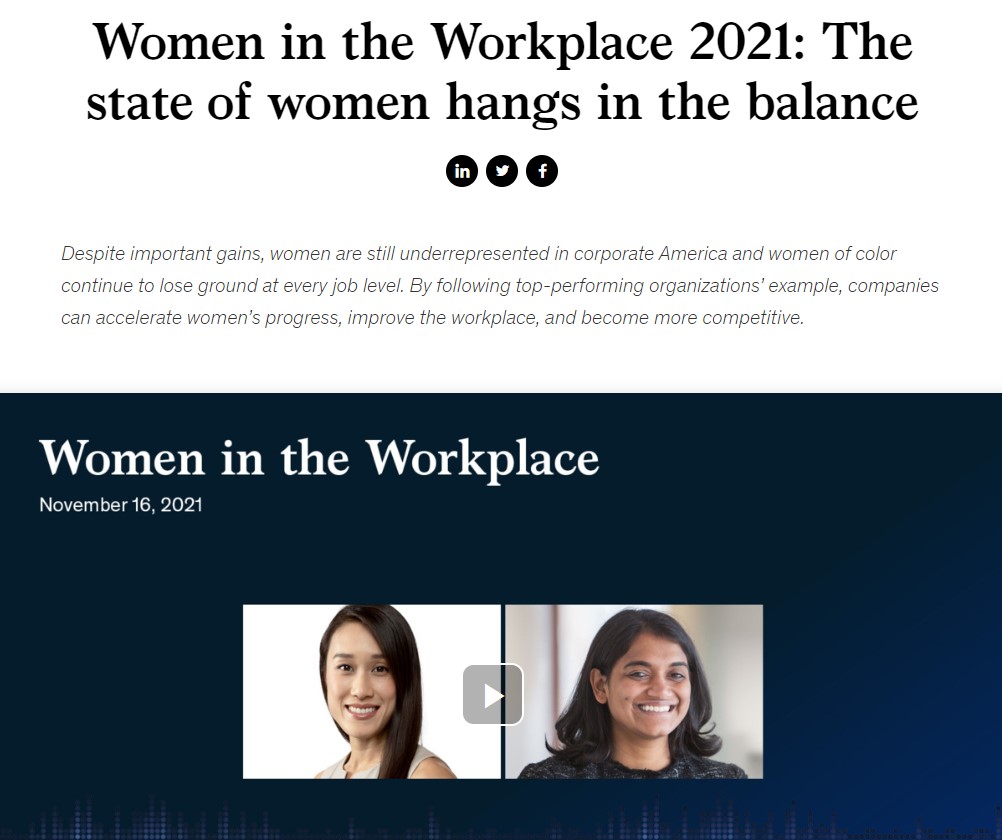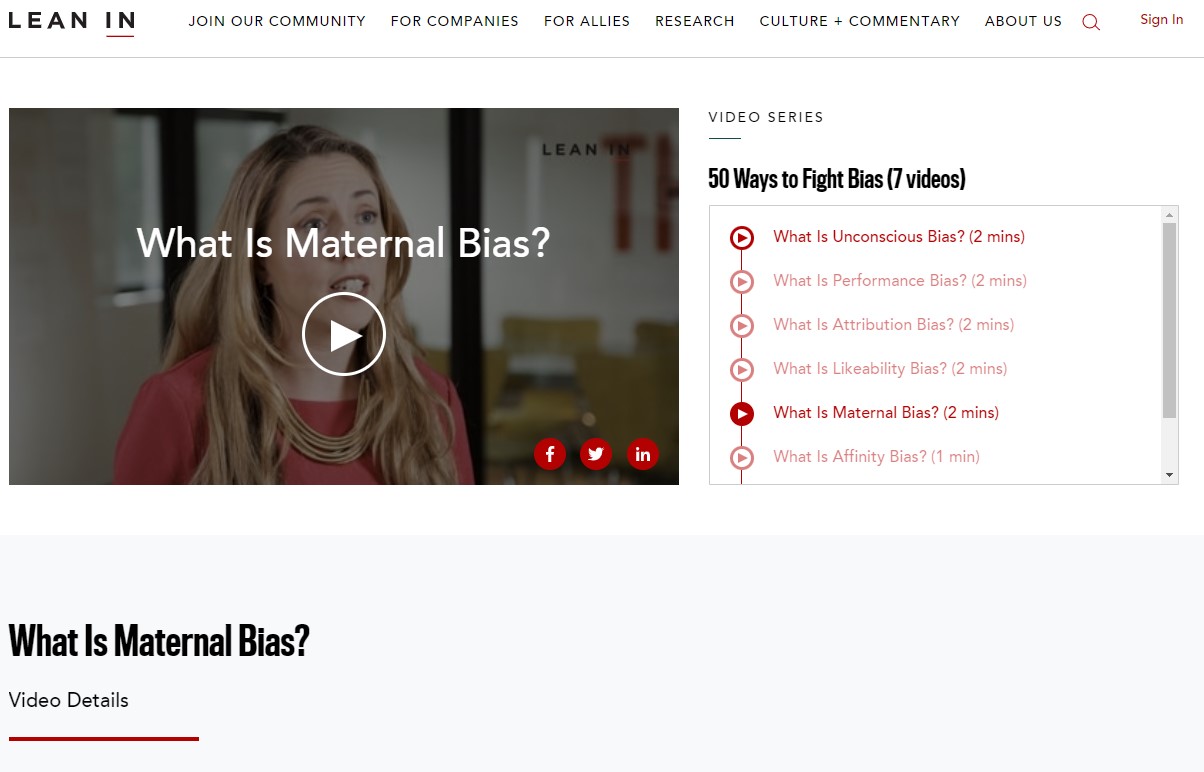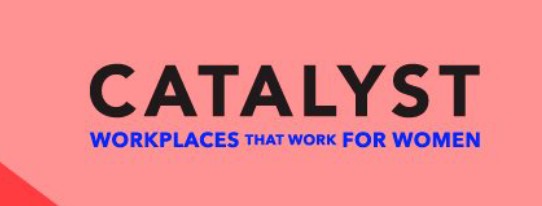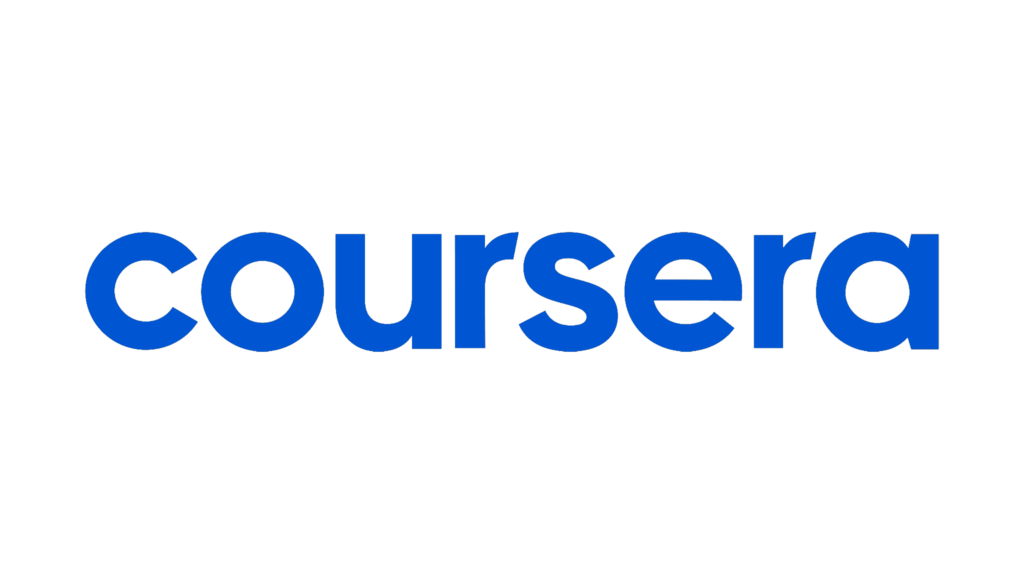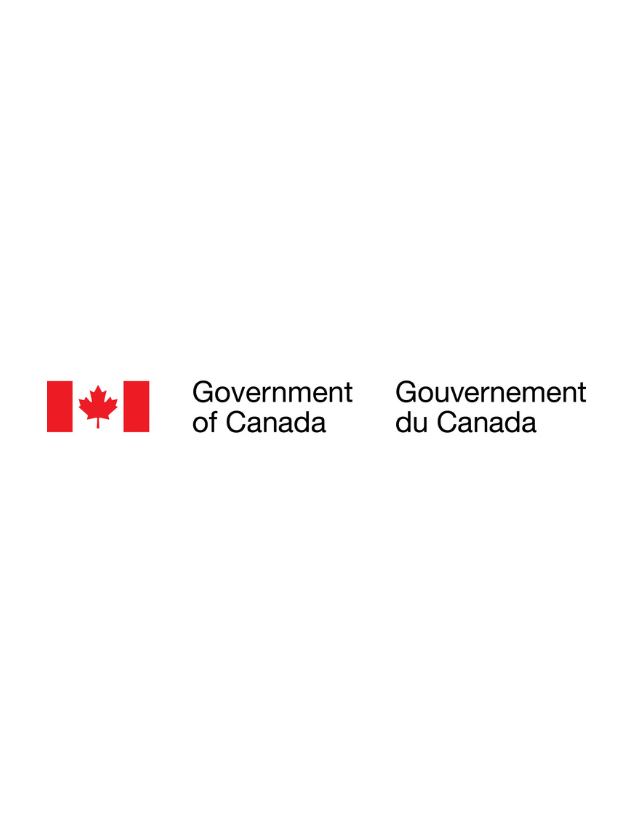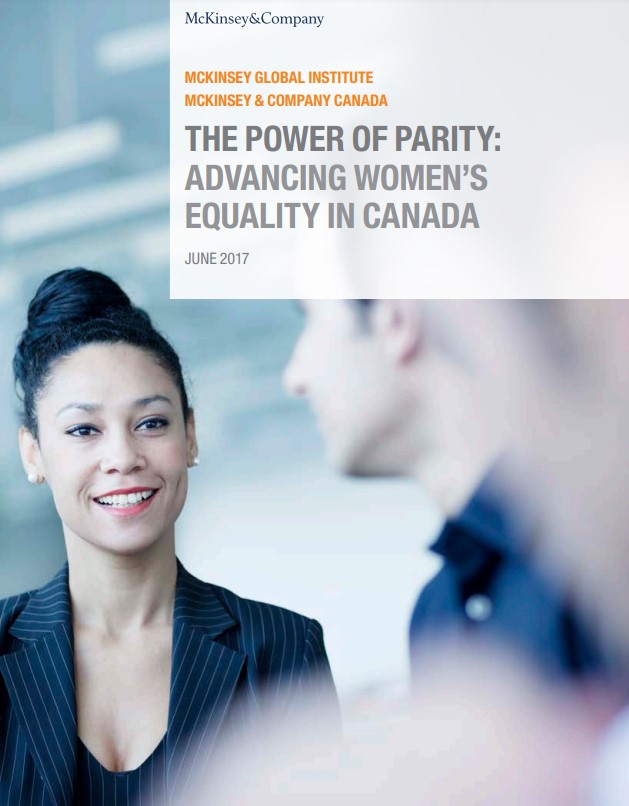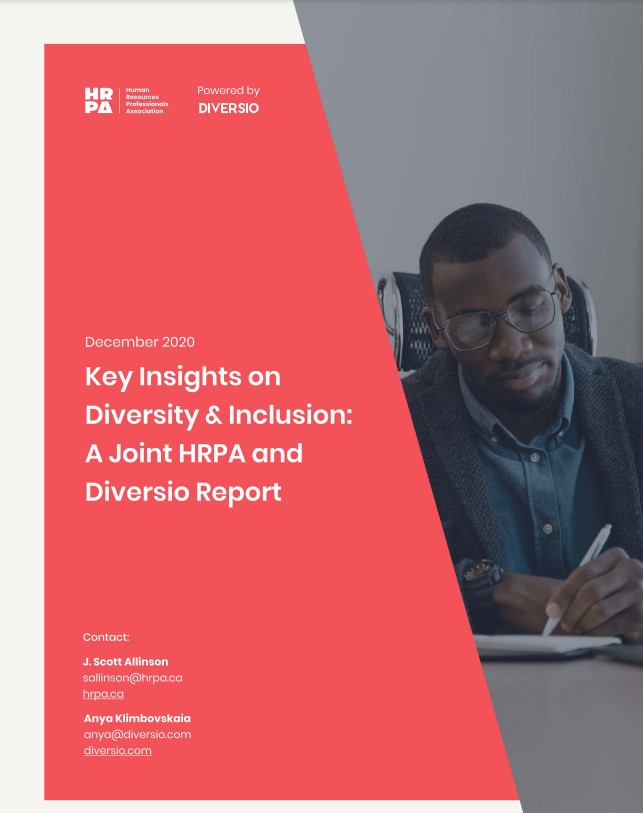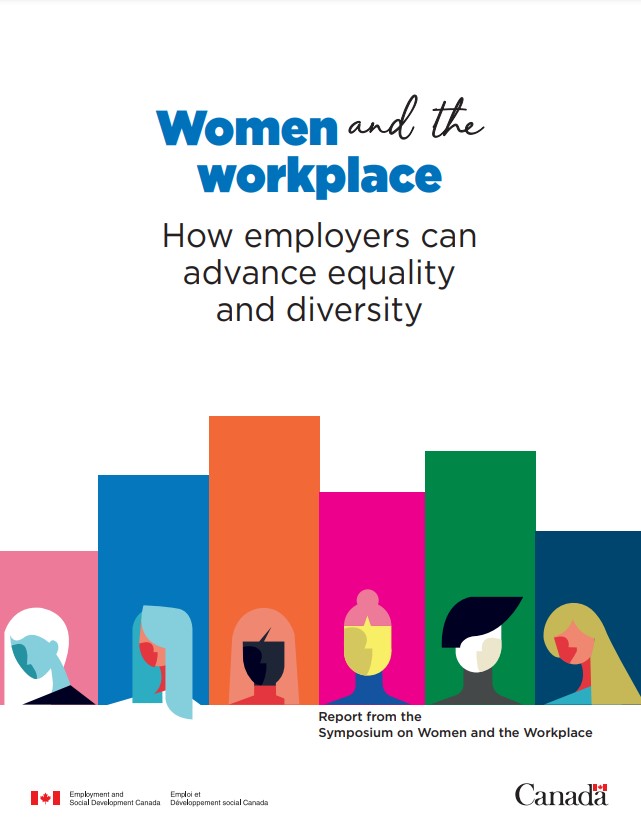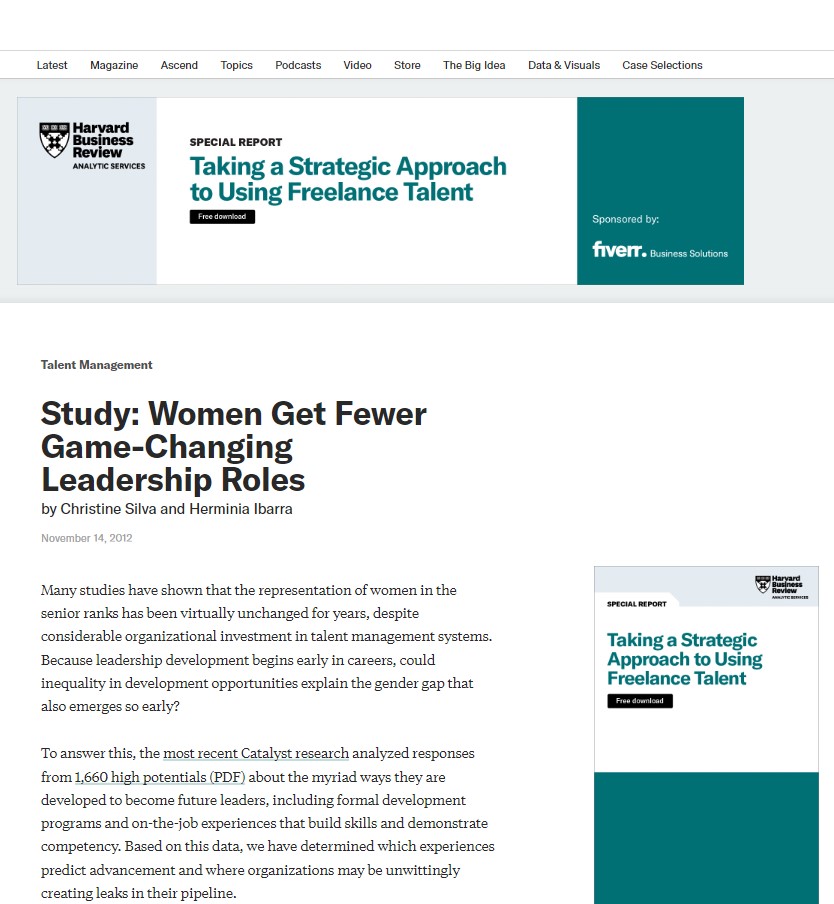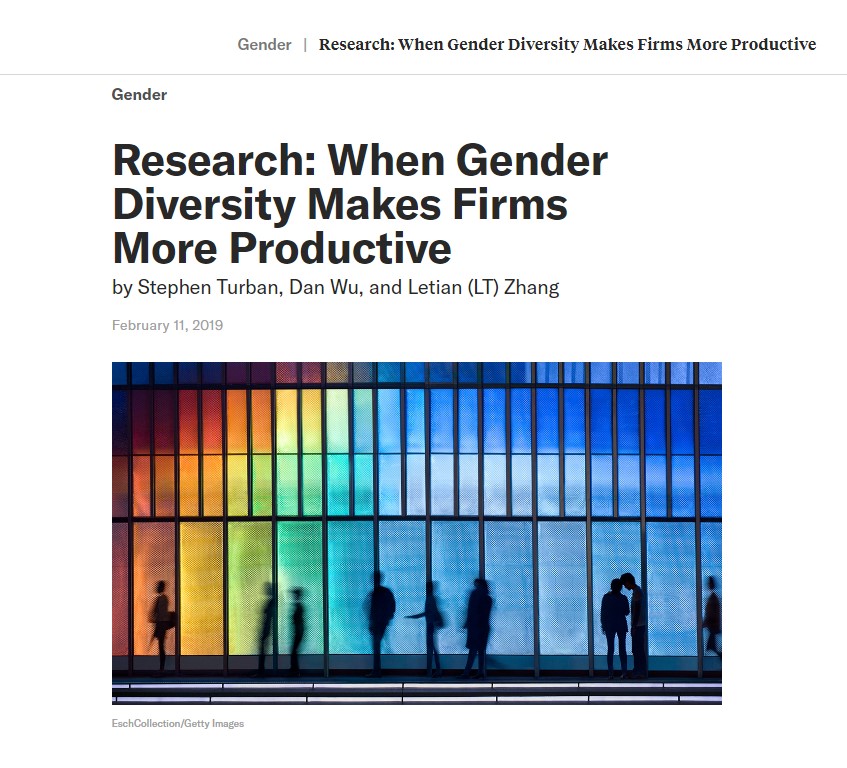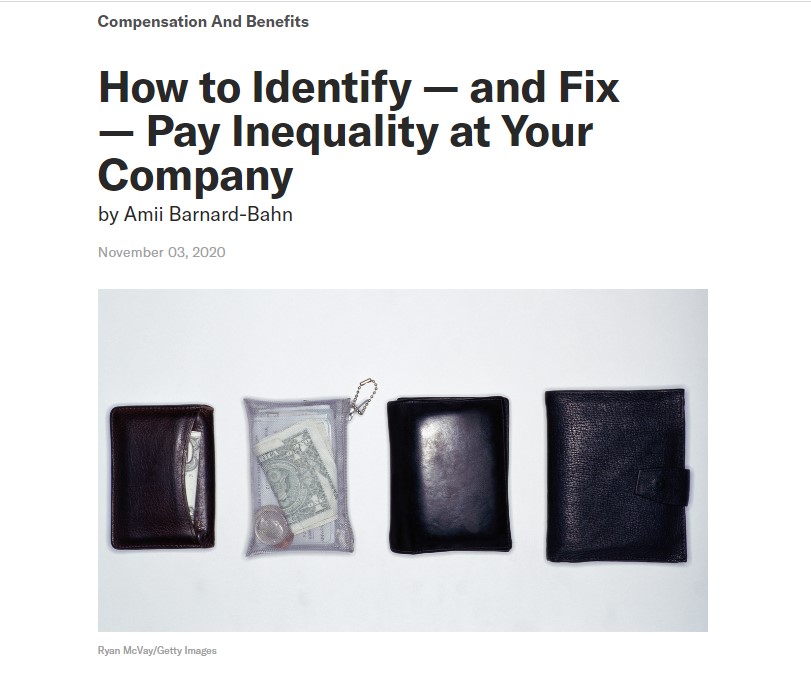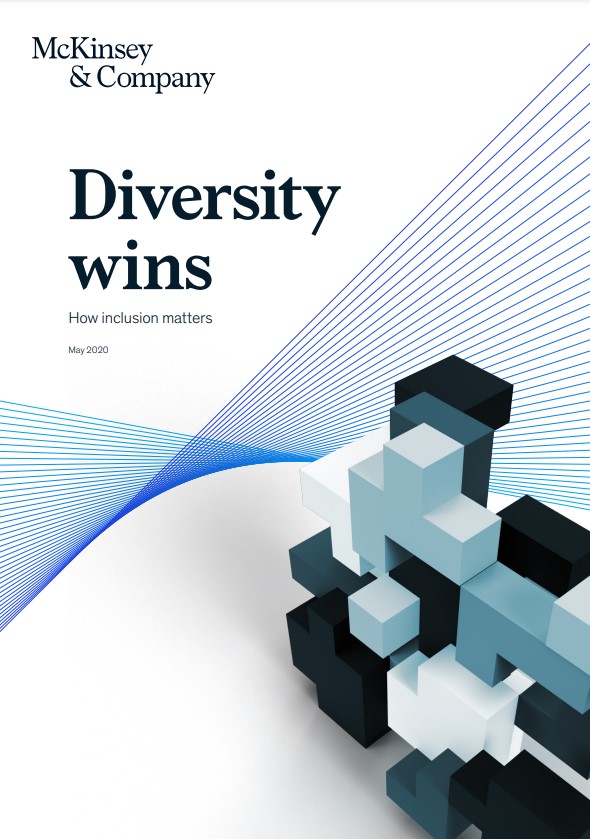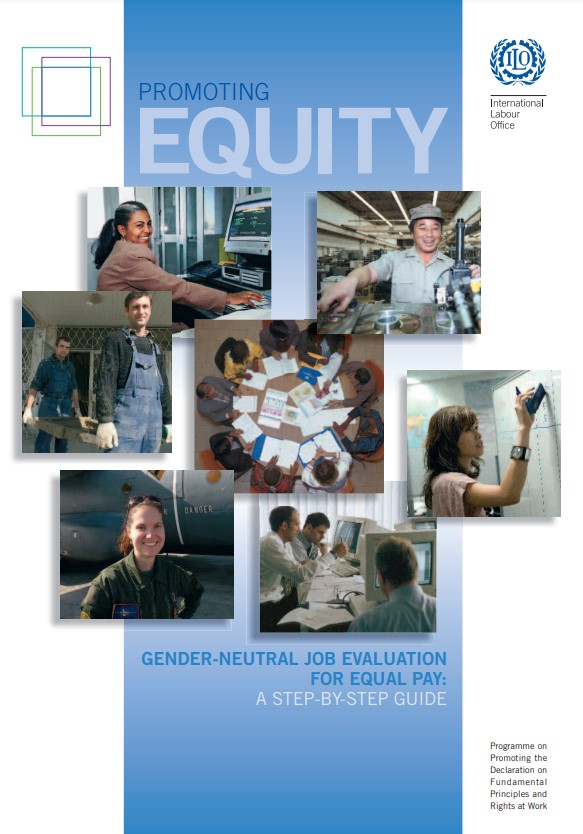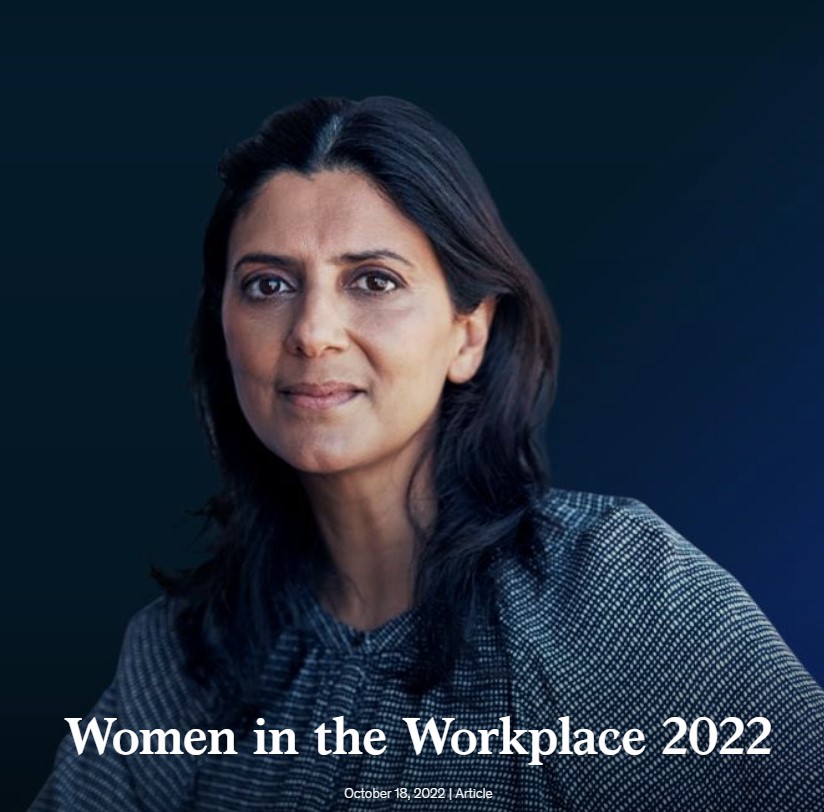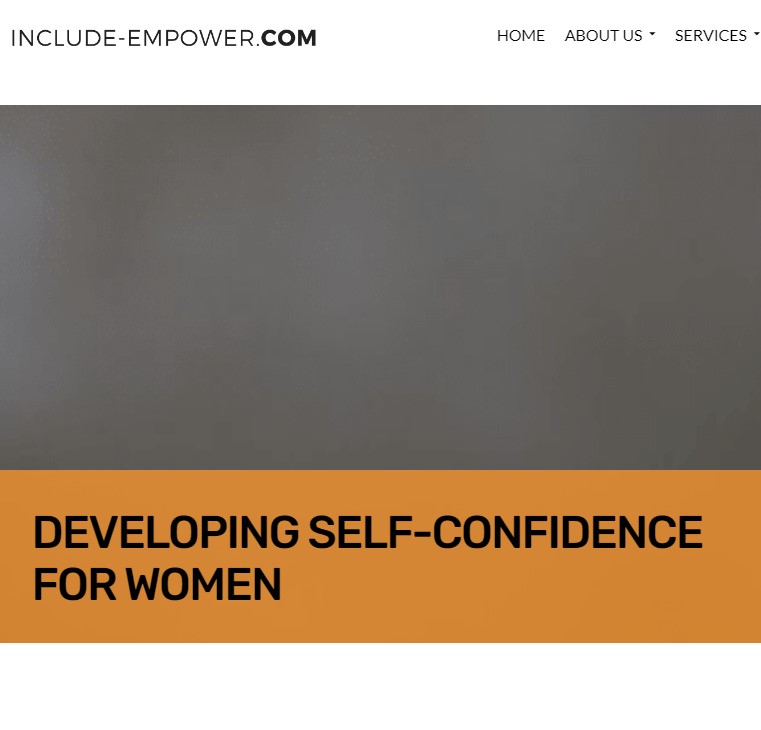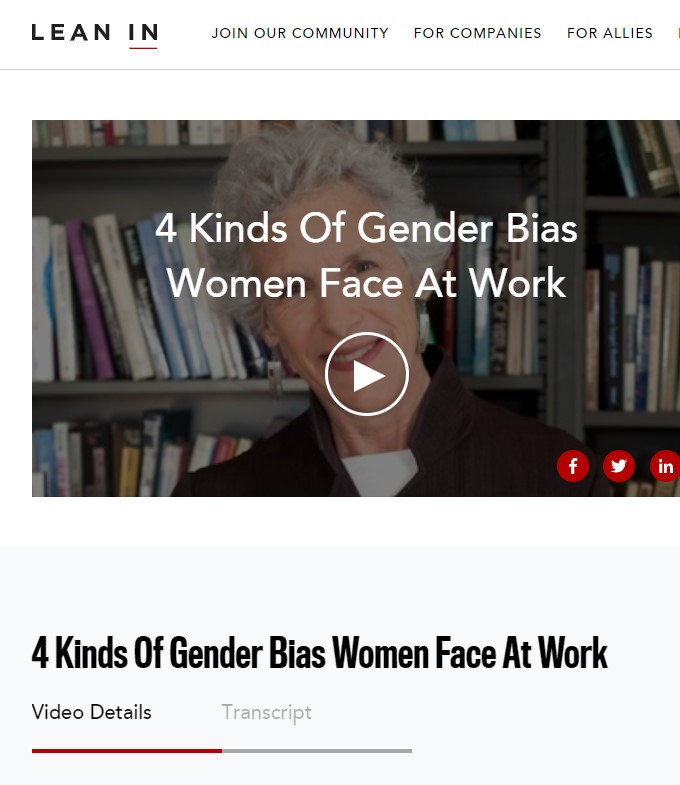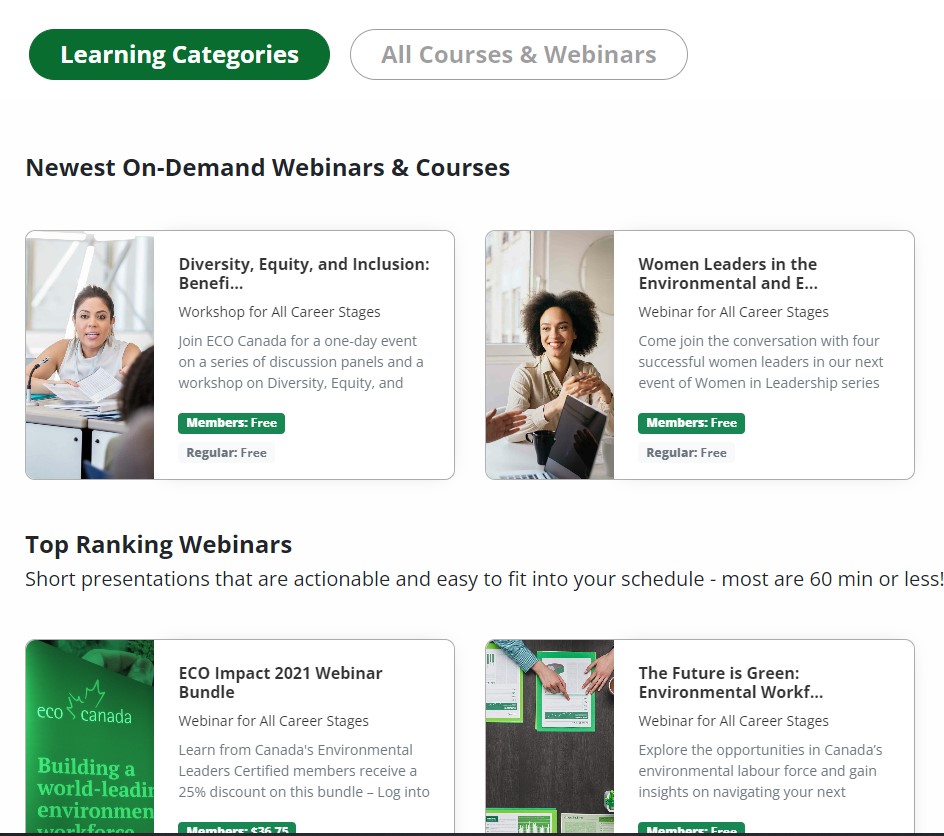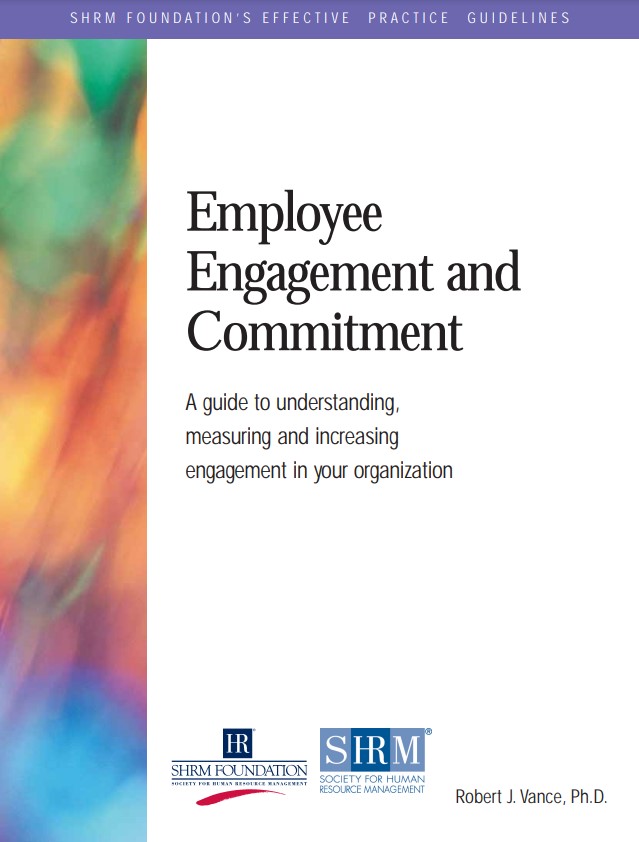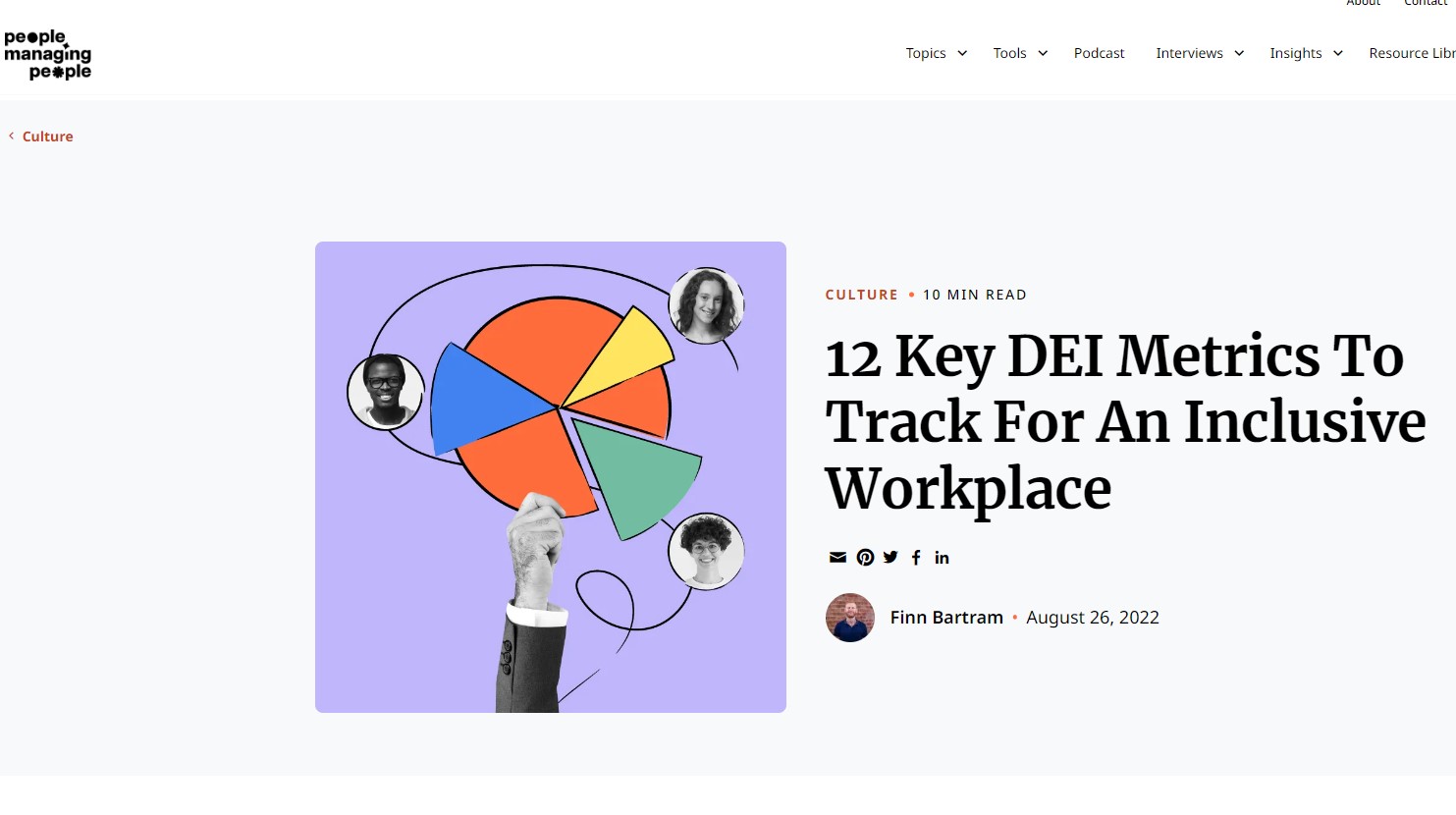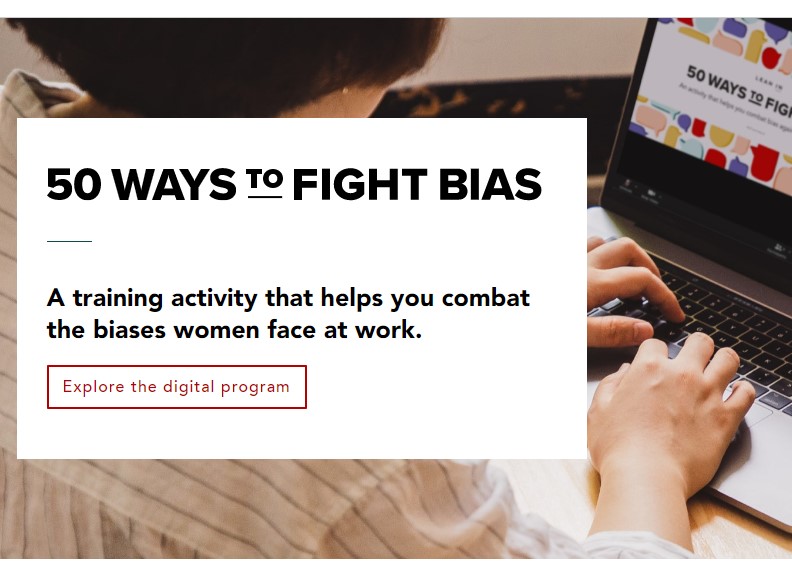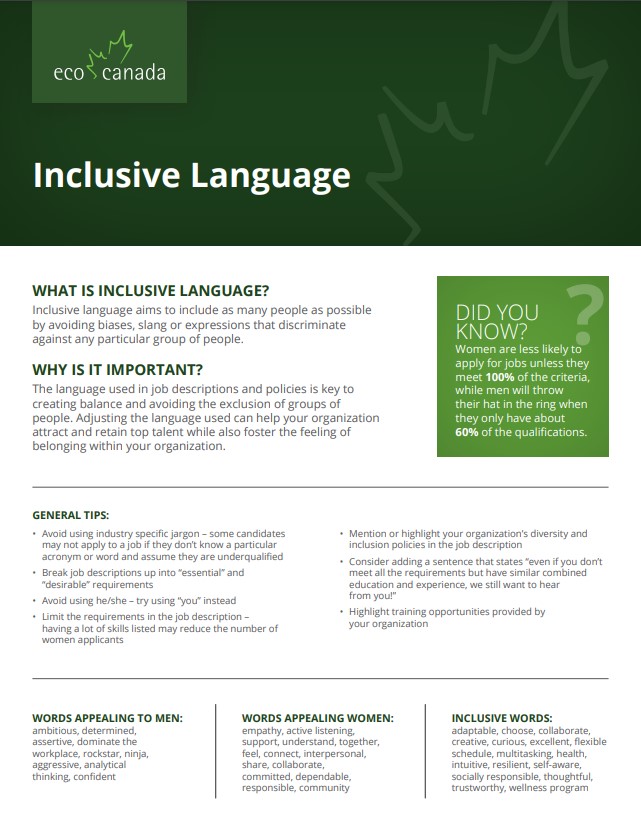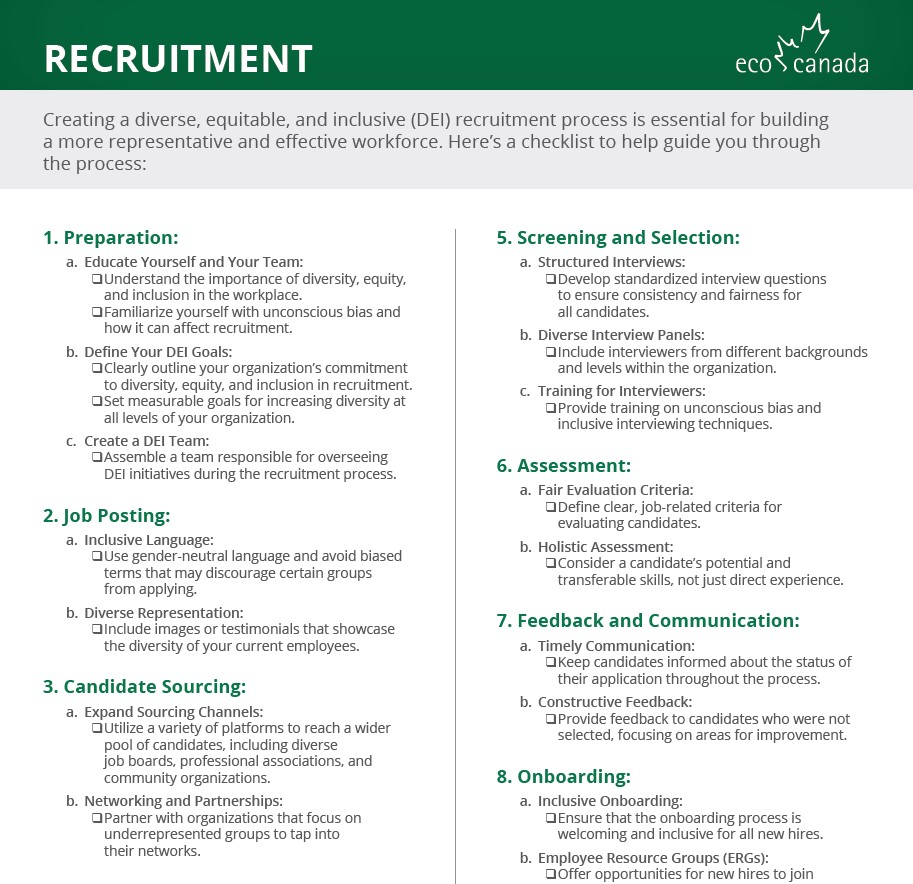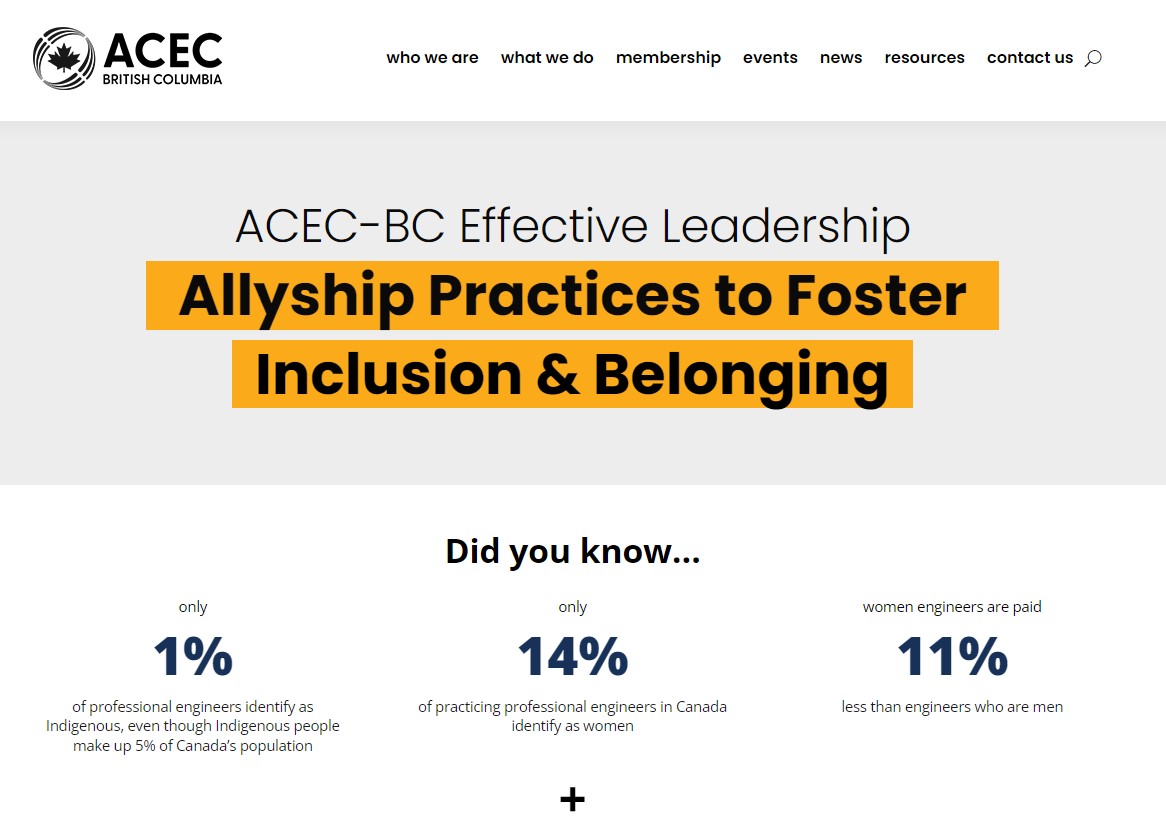toolkit
Women Reclaiming Leadership
In light of the growing sector and increasing retirements, it is crucial that environmental organizations have a broad, diverse, and qualified talent pool. This toolkit offers resources to support diversity in your organization.
THE NEED FOR WORKFORCE DIVERSITY
47% of the Canadian workforce are female yet only 36% are in management positions as of 2021.
Data on the demographic composition of workers in environmental careers show that women and immigrants are underrepresented compared to the overall Canadian labour force. This underrepresentation is much higher when considering industries such as mining and quarrying and construction.
With 30 per cent of the workforce expected to retire in the next 10 years, developing a pool of diverse and qualified talent is crucial for the sustainability of environmental careers. The increasing demand for environmental workers is compounding this labour shortage.
To cope with this demand, organizations must look to strengthen their ability to attract, recruit and retain workers through numerous initiatives including engaging and supporting diverse workforces.
This toolkit looks to support organizations with useful resources and case studies highlighting the importance, and benefits, of a diverse workplace.
The Importance of Diversity in the Workplace

Diversifying your workforce has strong financial and non-financial benefits, including increased collaboration and innovation, higher employee engagement, and increased productivity.
learn more
Toward a Business Case for Inclusive and Diverse Environmental Workplaces
-
Diverse, equitable, and inclusive workplaces are shown to have stronger financial performance and profitability.
-
There are numerous non-financial benefits for organizations that diversify their workforce.
- Diversifying the workforce can help combat the hiring challenges forecast.
Learn more about the need for a diverse workforce and the benefits for organizations of diversifying their business.
Promising Practices Organizations are Implementing
Webinars and Online Tools to Support Diversity in Your Workplace
Resources
Case Study 1 (Maturn and Sap)
Case Study 2 (MARC and Suncor)
Case Study 3 (Nature Canada’s Mentorship Program)
Case Study 4 (OPG’s ION Program)
Webinars
Success Stories:
Additional Webinars
Online Courses
Online courses are a great way to learn about diversity and inclusion in the workplace. Courses cover a wide range of topics from understanding bias to cultural competence in the workplace, and are available through multiple online organizations including:
Government Websites and Legislation Resources
Links to various government websites and legislation focused on women.
Research
A list of various diversity-focused research papers and reports.
Tools
Tools for Professionals
Tools for Employers
Case Study 1 (Maturn and Sap)
Case Study 2 (MARC and Suncor)
Engaging Men Through the Journey Towards Equity
Equal Opportunity and Inclusion Policy (Suncor)
Aboriginal Relations Policy (Suncor)
Suncor: 2021 Report on Sustainability
Case Study 3 (Nature Canada’s Mentorship Program)
Women for Nature: Discussing Career Planning with Mary Granskou and Tara Topping
Women for Nature Webinar: Collaboration and Partnerships
Women for Nature Webinar: What does it take to be a women leader in the conservation sector?
Case Study 4 (OPG’s ION Program)
OPG’s Reconciliation & Action Plan (RAP)
Inclusive Language
Diversifying the Environmental Workforce
Environmental Workforce Compensation and Diversity in 2021
Cultural Self-Reflection – Indigenous Cultural Sensitivity Training
Barriers to Indigenous Recruitment
Success Stories:
Female Leaders in Environmental and Engineering sectors – Event 1
Female Leaders in Environmental and Engineering sectors – Event 2 (FRENCH)
Online courses are a great way to learn about diversity and inclusion in the workplace. Courses cover a wide range of topics from understanding bias to cultural competence in the workplace, and are available through multiple online organizations including:
Free Online Courses from Catalyst
Catalyst is the leading nonprofit organization with a mission to accelerate progress for women through workplace inclusion. Several free training courses can be accessed through their website.
LinkedIn Learning offers thousands of courses, with many focused on increasing diversity in the workplace. There is a free one-month trial subscription, or it can be accessed for free through most public libraries in Canada.
Coursera is an online training website that offers several free online courses related to diversity and inclusion in the workplace.
Links to various government websites and legislation focused on women.
Canadian Charter of Rights and Freedoms
Canadian Human Rights Act (R.S.C., 1985, c. H-6)
Canadian Human Rights Commission
Equality, Diversity and Inclusion Dimensions Charter
Gender Neutral Language for Job Ads
Government of Ontario – Bullying
Royal Commission on the Status of Women in Canada
United Nations Human Rights Office of the Commissioner
Women and Gender Equality Canada
A list of various diversity-focused research papers and reports.
Gender-Based Analysis Plus (GBA+). Government of Canada.
The Power of Parity: Advancing Gender Equality in Canada. (2017). McKinsey Global Institute.
Key Insights on Diversity and Inclusion. (2020). HRPA and Diversio Report.
How employers can advance equality and diversity. (2019). Report from the Symposium on Women and the Workplace. Government of Canada.
When Gender Diversity Makes Firms More Productive. (2019). Harvard Business Review Research.
How to Identify – and Fix – Pay Inequality at Your Company. (2020) Harvard Business Review Research.
Diversity Wins. How Inclusion Matters. (2020). McKinsey and Company.
Promoting equity: Gender-neutral job evaluation for equal pay. A step-by-step guide. (2009). International Labour Organization.
Women in the Workplace Study. (2020). McKinsey and LeanIn.org

Mentorship Program
Engage with peers and mentors
The Mentorship program is designed for professionals in Environmental and Engineering sectors to connect and engage with peers and mentors on topics of Diversity, Equity, and Inclusion.
Through the Mentorship program, professionals will have the opportunity to make new connections, discuss barriers women and underrepresented professionals face to advance to leadership positions, and get support and guidance to overcome those barriers.
Mentorship Process:
- Mentorship Session duration 6 months: 1 session per month. 6 sessions total per year
- Matching criteria: Speciality, location, personal traits, goals
Benefits of the Mentorship Program
Benefits of the Mentorship Program
Want to be a Mentor or Mentee? Sign Up Now!
Meet the Advisory Committee

Olivier Joyal
Olivier Joyal is the Executive Vice President, Strategy & Execution...
 Olivier Joyal
Olivier Joyal
Olivier Joyal is the Executive Vice President, Strategy & Execution for the Earth & Environment sector in Canada. He is also the ESG Canadian Executive Leader. He joined WSP over 18 years ago. His vast experience with a wide range of stakeholders in Canada and around the world has led him to develop personal strategies to adapt to an ever-changing environment and culture.
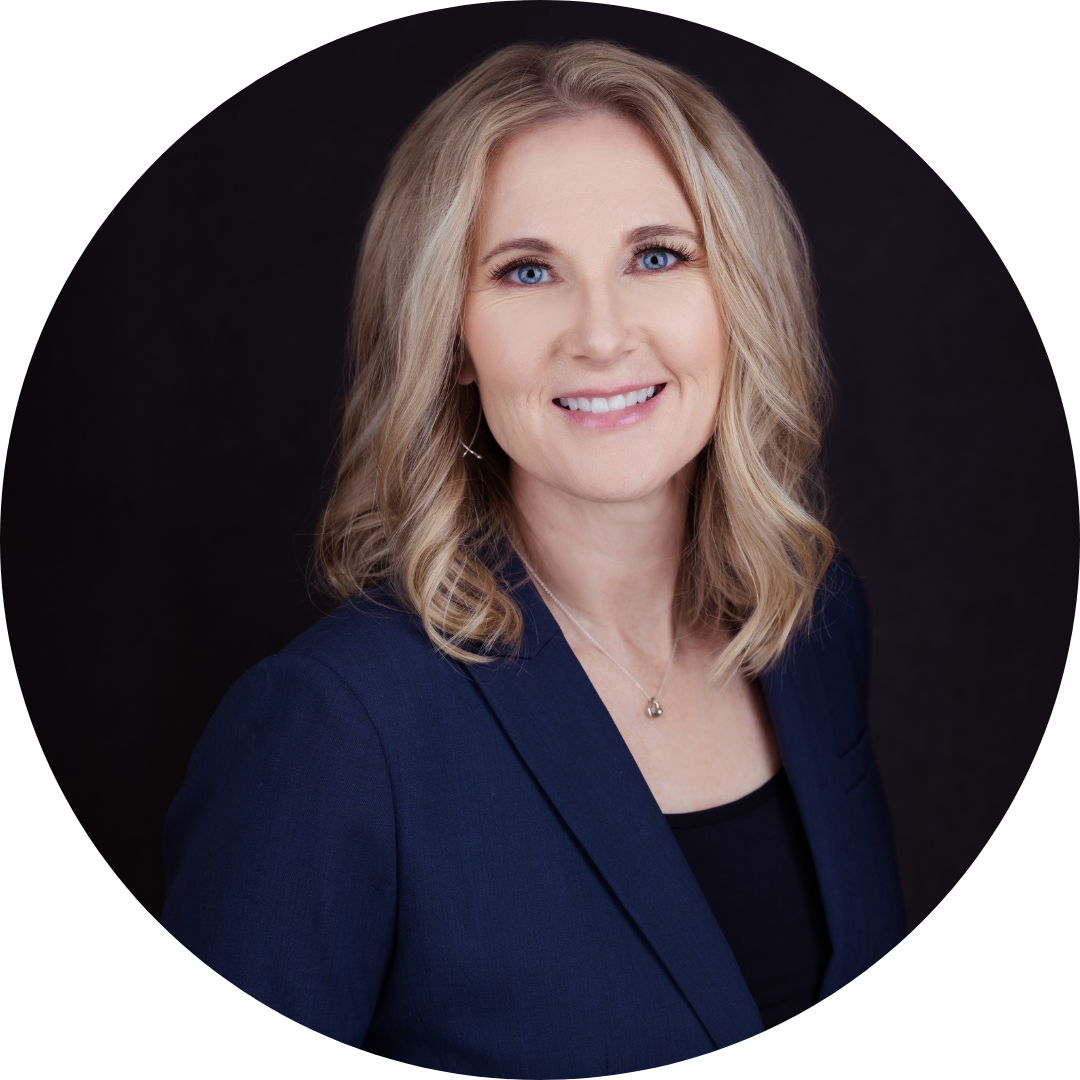
Rhonda Smith
Rhonda Smith is Co-founder and Chief Operating Officer (COO)...
 Rhonda Smith
Rhonda Smith
Rhonda Smith is Co-founder and Chief Operating Officer (COO) at Trace Associates Inc. (Trace), a mid-sized environmental consulting and engineering advisory firm servicing a diverse market in western Canada. Ms. Smith completed her Bachelor of Science degree at the University of Victoria, in British Columbia and obtained her Professional Agrologists designation in Alberta. Since co-founding Trace in 2006, Rhonda has been responsible for the operations of the company, focusing on business management, strategy development, and corporate governance. More recently, Rhonda completed the Institute of Corporate Directors, ICD-Rotman Directors Education Program and earned her ICD.D designation. As a transformational executive, Rhonda has built a company based on respect and inclusion. After spending more than a decade building Trace, Ms. Smith believes that to be a strong business, diversity is critical to success.
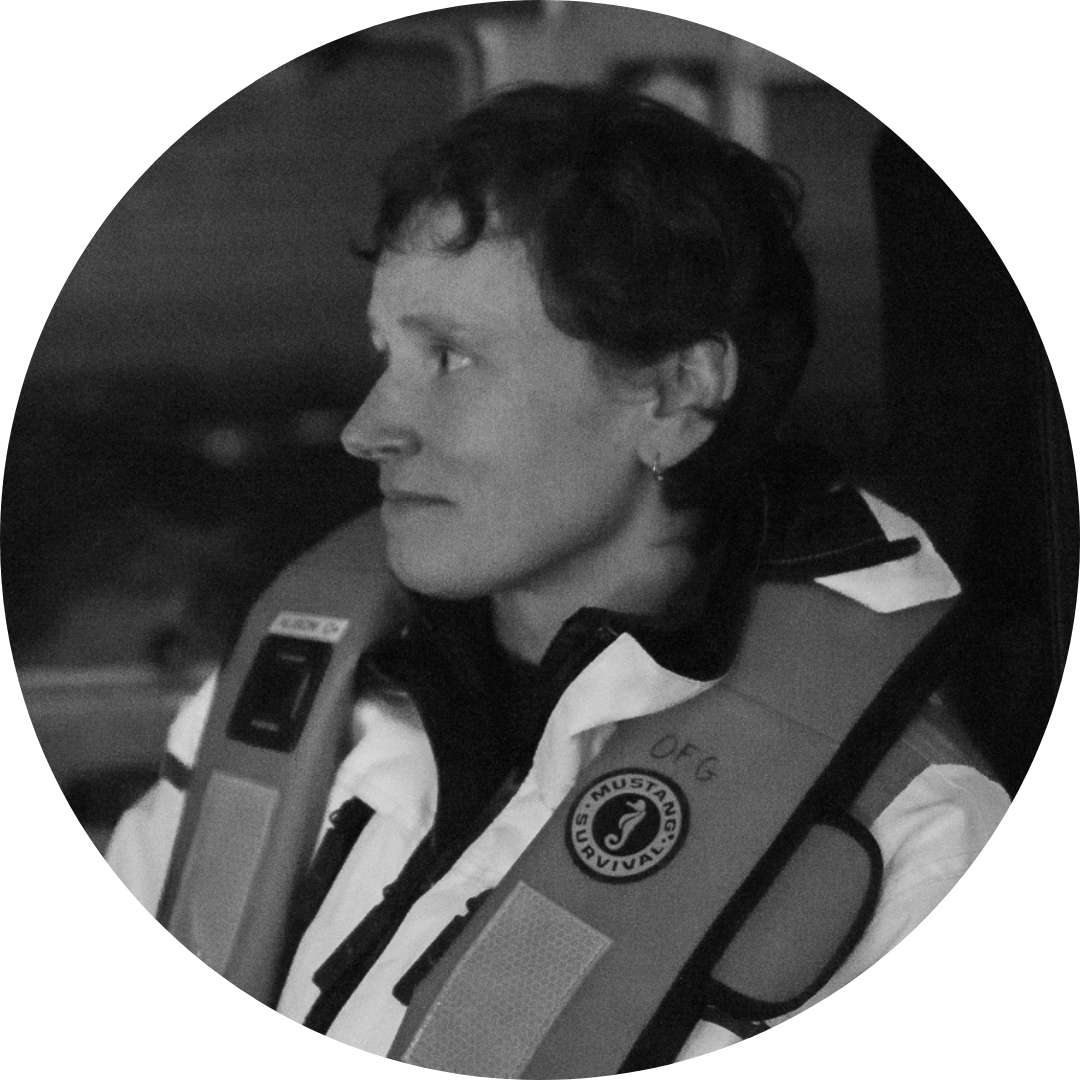
Alison Proctor
Alison is a Mechanical Engineer with internationally recognized...
 Alison Proctor
Alison Proctor
Alison is a Mechanical Engineer with internationally recognized experimental research on dynamic modelling and control of underwater vehicles. She has a Bachelor’s degree in Aerospace Engineering from Embry Riddle Aeronautical University, a Master’s degree in Aerospace Engineering from the Georgia Institute of Technology, and earned her Ph.D. in Mechanical Engineering from the University of Victoria.
Alison joined OFG in 2015 as an AUV pilot and control system engineer. She has run many offshore projects for the company including OFG’s collaboration with the winning GEBCO-NF Alumni Team in the Shell Ocean Discovery XPRIZE, and is now the Chief Operating Officer.

Maureen Reed
Maureen Reed is a distinguished professor and shares a UNESCO Chair...
 Maureen Reed
Maureen Reed
Maureen Reed is a distinguished professor and shares a UNESCO Chair in Biocultural Diversity, Sustainability, Reconciliation and Renewal at the University of Saskatchewan, Canada. Her research program focuses on the social dimensions of sustainability – how people, processes and institutions – shape decisions about environment and development. She and her students work in “the PROGRESS lab” with community partners to explain and support rural communities seeking to practice sustainability and demonstrate resilience in the face of both rapid and slow-moving environmental, social, economic, political and cultural change. Research related to equity, diversity, and inclusion in Canada’s forest sector focuses on how we can build processes for climate change adaptation and post-disaster learning that account for differences across gender and cultural diversity. When she is not learning from her research partners, colleagues and students, she is walking the dog, making photos of flowers, and getting her hands dirty in the garden.

Stephanie Hurlburt
Stephanie Hurlburt is a proud Sapotaweyak (sap-o-ta-wey-ak) Cree Nation...
 Stephanie Hurlburt
Stephanie Hurlburt
Stephanie Hurlburt is a proud Sapotaweyak (sap-o-ta-wey-ak) Cree Nation member and is an Indigenous Program Lead at Clear Seas.
In her role, Stephanie is dedicated to fostering collaboration and creating mutually beneficial partnerships between Indigenous individuals, communities, and organizations. She spearheads initiatives such as the Indigenous Career Pivot Program and Indigenous Internship Program. These programs provide opportunities for Indigenous individuals to access meaningful roles within their communities and the Marine Industry. Stephanie’s ultimate goal is to empower and support Indigenous peoples, striving for an inclusive and equitable future.
Clear Seas is an organization committed to promoting safe and sustainable marine shipping practices. It conducts independent research and works towards fostering a responsible maritime industry. Stephanie’s role as the Indigenous Program Lead allows her to make a significant impact by promoting inclusivity and providing opportunities for Indigenous individuals within the marine sector.

Jocelyn Peltier-Huntley
Jocelyn Peltier-Huntley is an experienced facilitator, EDI researcher, public speaker...
 Jocelyn Peltier-Huntley
Jocelyn Peltier-Huntley
Jocelyn Peltier-Huntley is an experienced facilitator, EDI researcher, public speaker, and professional mechanical engineer with over eighteen years of experience in the mining industry. In 2022 she was recognized by Engineers Canada as an EDI Champion. Jocelyn is driven to create awareness and remove roadblocks so that all individuals and organizations can realize the benefits of inclusion and achieve their full potential. she helps her clients lead changes by investigating problems, translating for common understanding, and implementing practical solutions to these problems.
Jocelyn has a B.Sc. with distinction in Mechanical Engineering and a M.Sc. in Interdisciplinary Studies from the University of Saskatchewan. She is a 2021 Vanier scholar and is working with International Minerals Innovation Institute and Mitacs on her PhD project, titled “Activating Allies”. After spending thirteen years of her career working at Canadian mining and mineral processing sites in technical and leadership roles, Jocelyn is now expanding her social impact potential by leading and inspiring positive change through EDI research, facilitation, public speaking, and consulting.
Jocelyn is an active volunteer and Vice-Chair of the Board with Women in Mining and Women in Nuclear Saskatchewan. In her role as Vice-Chair, she has coordinated and facilitated strategic planning sessions and workshops, both in person and virtually.

Sandro Perruzza
Sandro Perruzza is the Chief Executive Officer of the Ontario Society of...
 Sandro Perruzza
Sandro Perruzza
Sandro Perruzza is the Chief Executive Officer of the Ontario Society of Professional Engineers (OSPE), the Advocacy and Member Services organization for the Engineering Profession in Ontario. Sandro also serves on the Board of Directors for Minerva Canada, and on the Board for the Construction Design Alliance of Ontario.
Prior to joining OSPE, Sandro was the Chief of Client Services at Workplace Safety & Prevention Services, the largest Health and Safety Association in Canada, where he was a sitting member of the Ontario Ministry of Labour’s Prevention Operations Forum. He has been recognized for building inclusive workspaces, high-performing teams, and a culture based on trust and mutual respect.

Dr. Yogendra Chaudhry
Dr. Yogendra Chaudhry is the VP of Professional Services at ECO Canada...
 Dr. Yogendra Chaudhry
Dr. Yogendra Chaudhry
Dr. Yogendra Chaudhry is the VP of Professional Services at ECO Canada. He oversees the development and delivery of professional services to support the rapidly growing network of the Canadian environment and sustainability workforce. He provides strategic insight and technical support for environment and sustainability programs and works closely with a diverse range of stakeholders, including government, industry and the environment & sustainability professionals.
During his more than two decades of career in Environment and Sustainability, he has worked in numerous countries in Asia, Africa, Europe and North America. Yogi holds a Ph.D. in Environmental Science and supports a number of Canadian and international academic institutions, standard-setting organizations, and industry associations in various professional capacities.

Pooja
Sharma
Pooja works as a Project Manager at ECO Canada in the Professional Services....
 Pooja Sharma
Pooja Sharma
Pooja works as a Project Manager at ECO Canada in the Professional Services and ESG team. She is currently leading several federally and provincially funded projects at ECO including Women Reclaiming Leadership project. Pooja holds a Master in Economics from U-Ottawa and a Diploma in Business Administration from McMaster University.
Watch Our DEI Webinar
This project has been funded by Women and Gender Equality Canada

